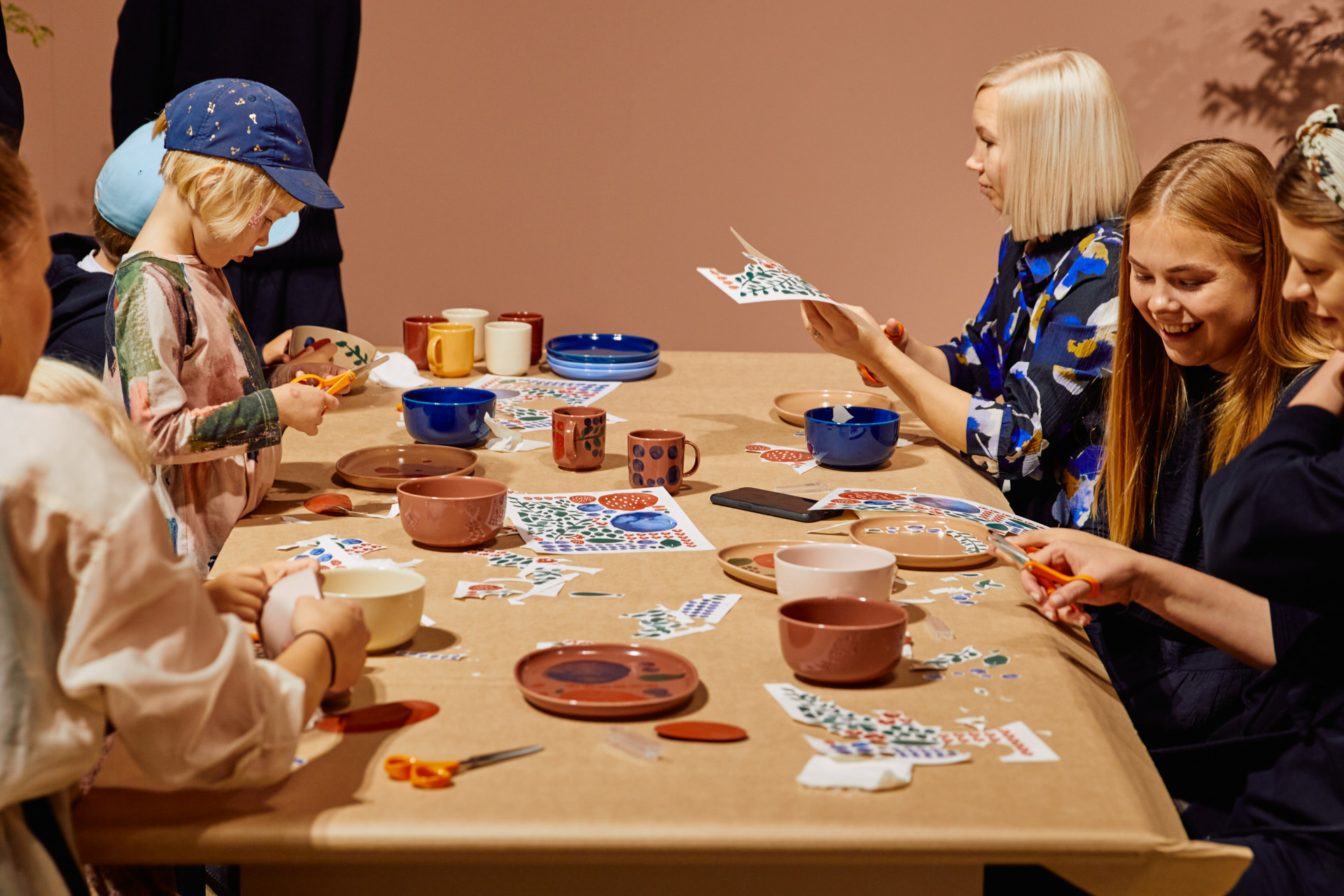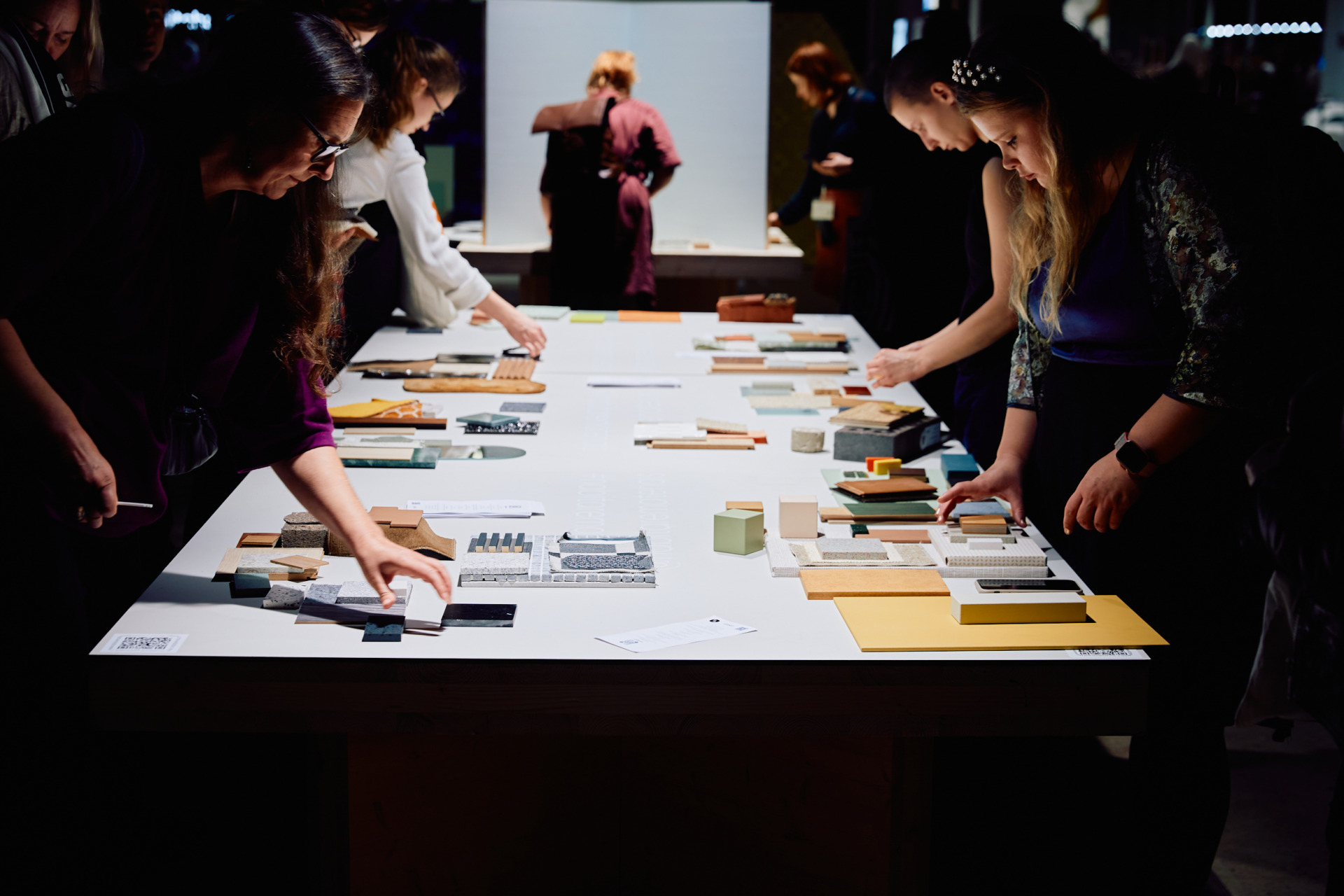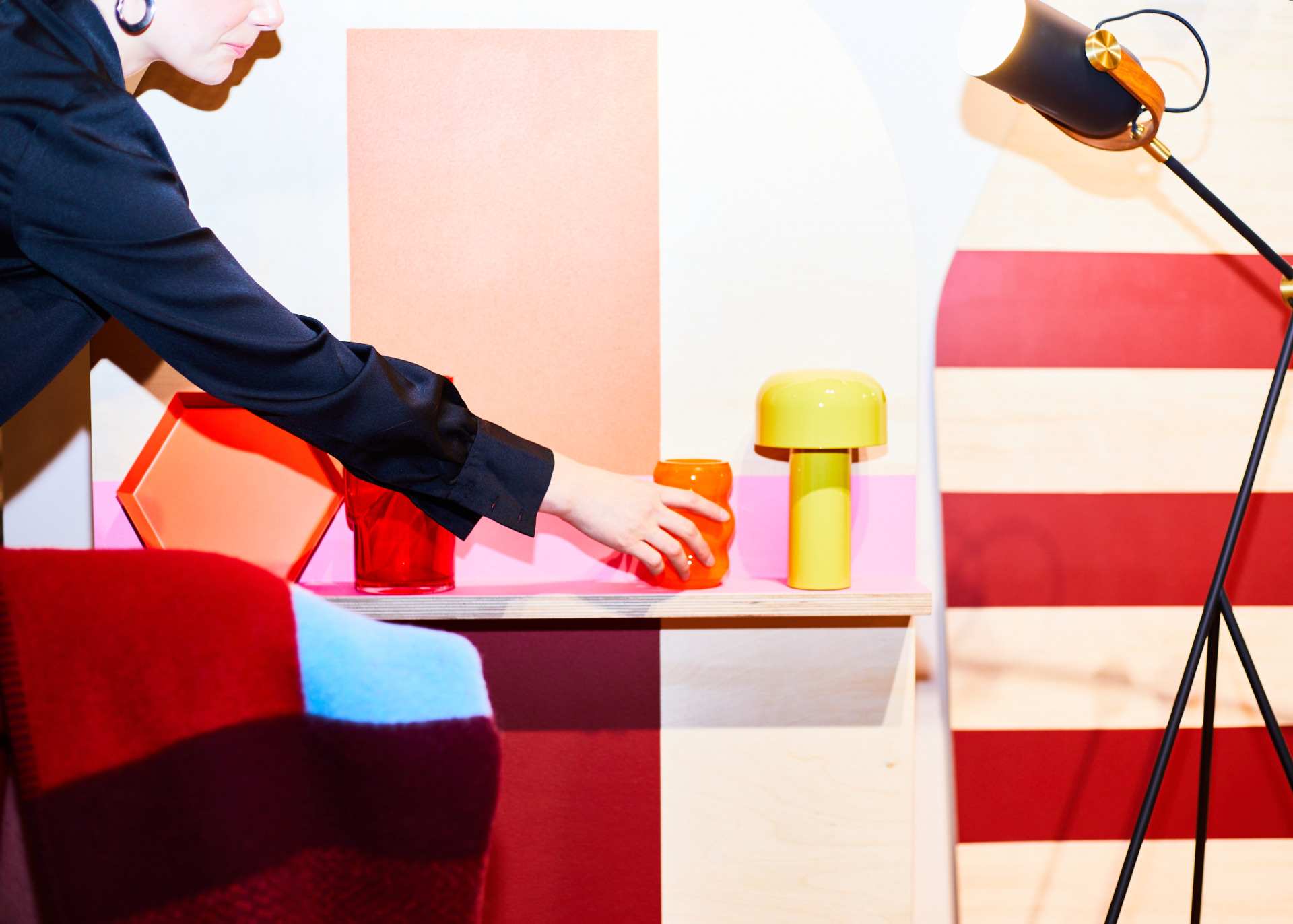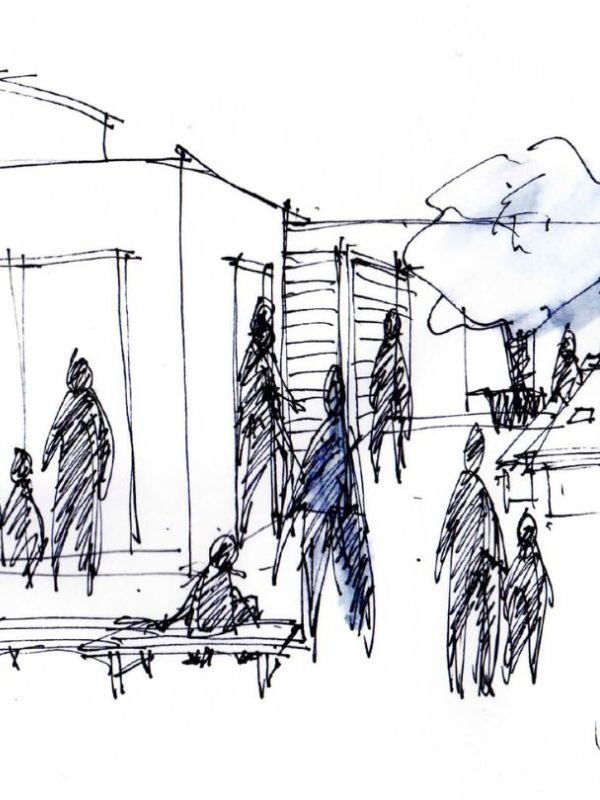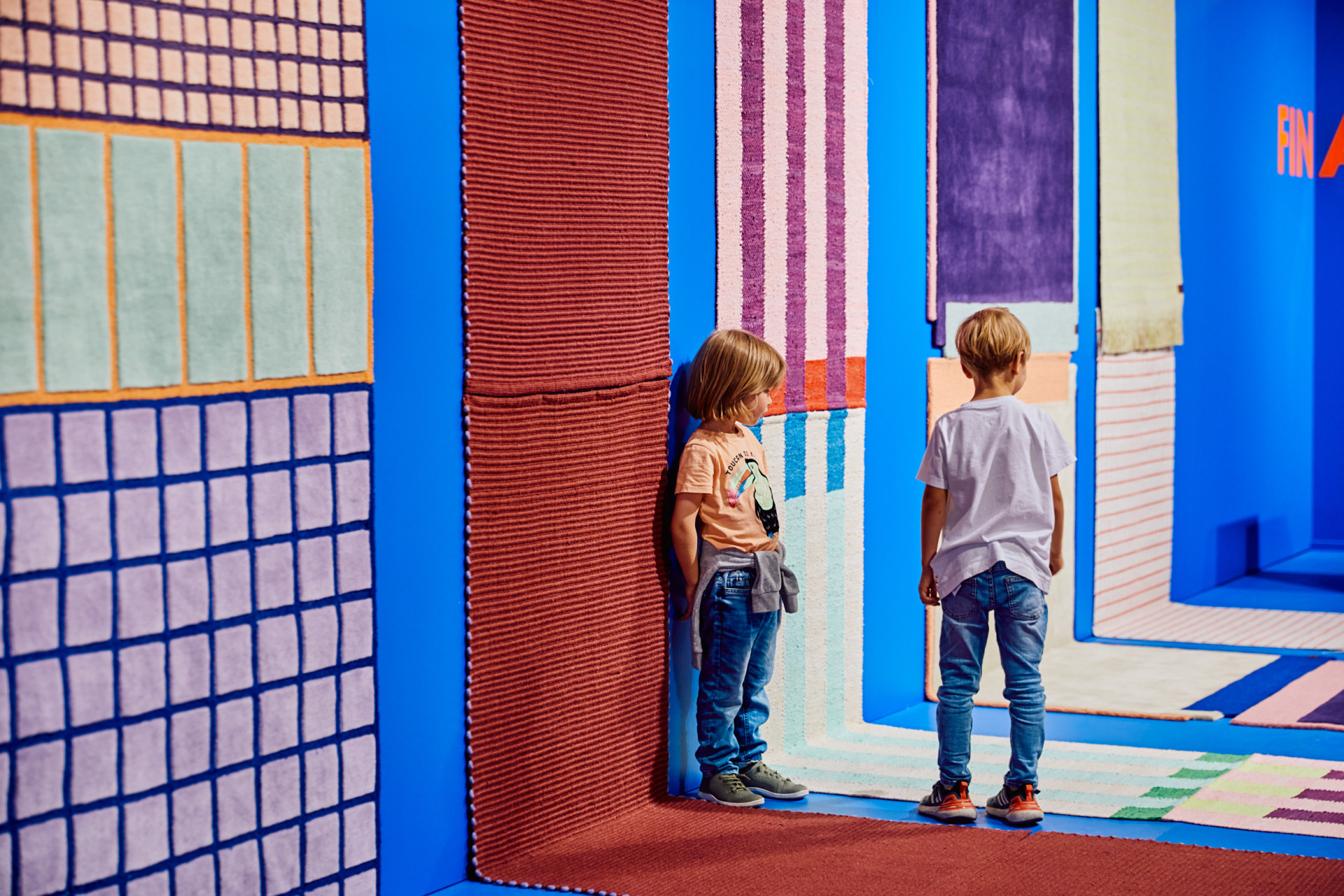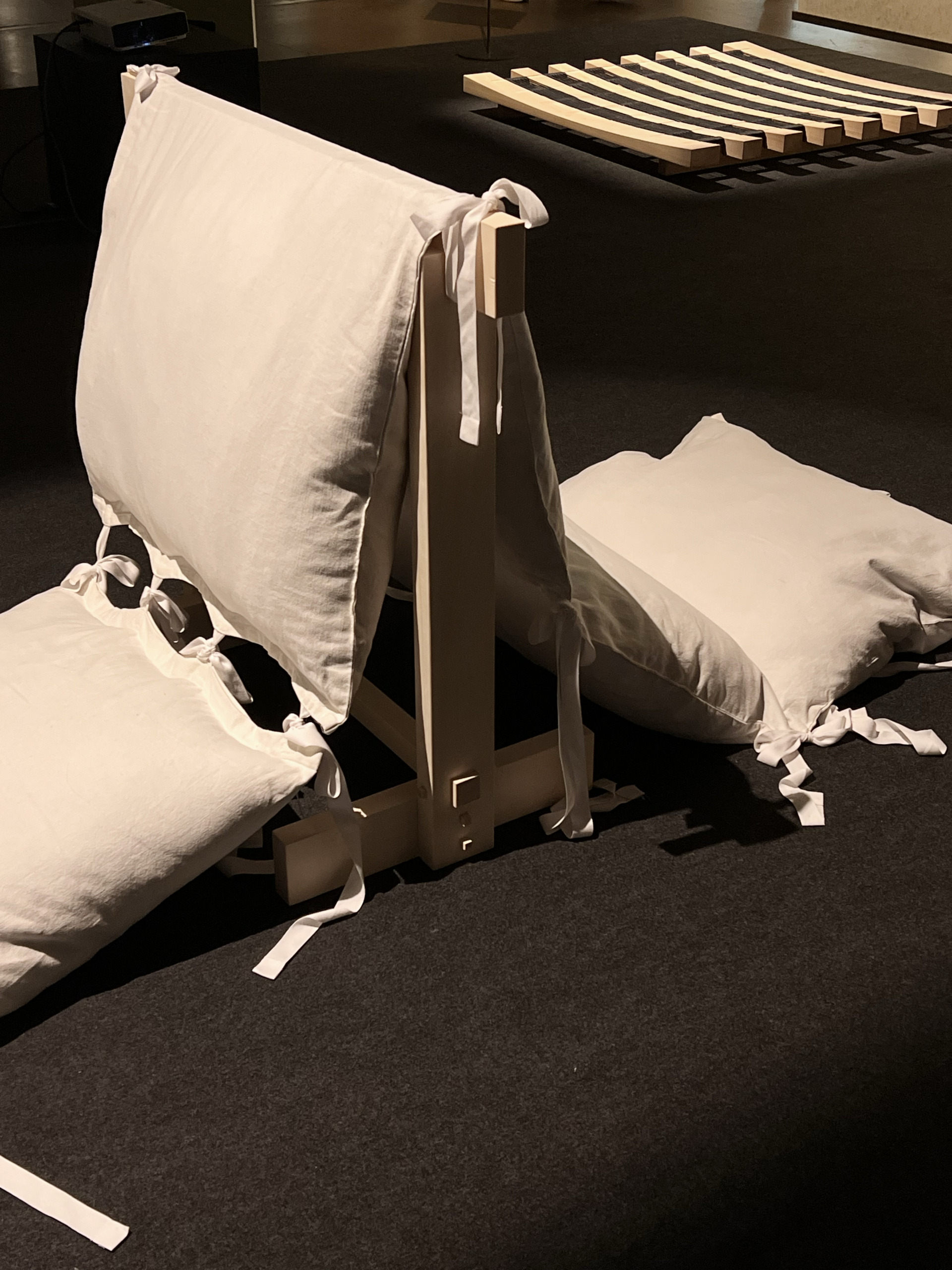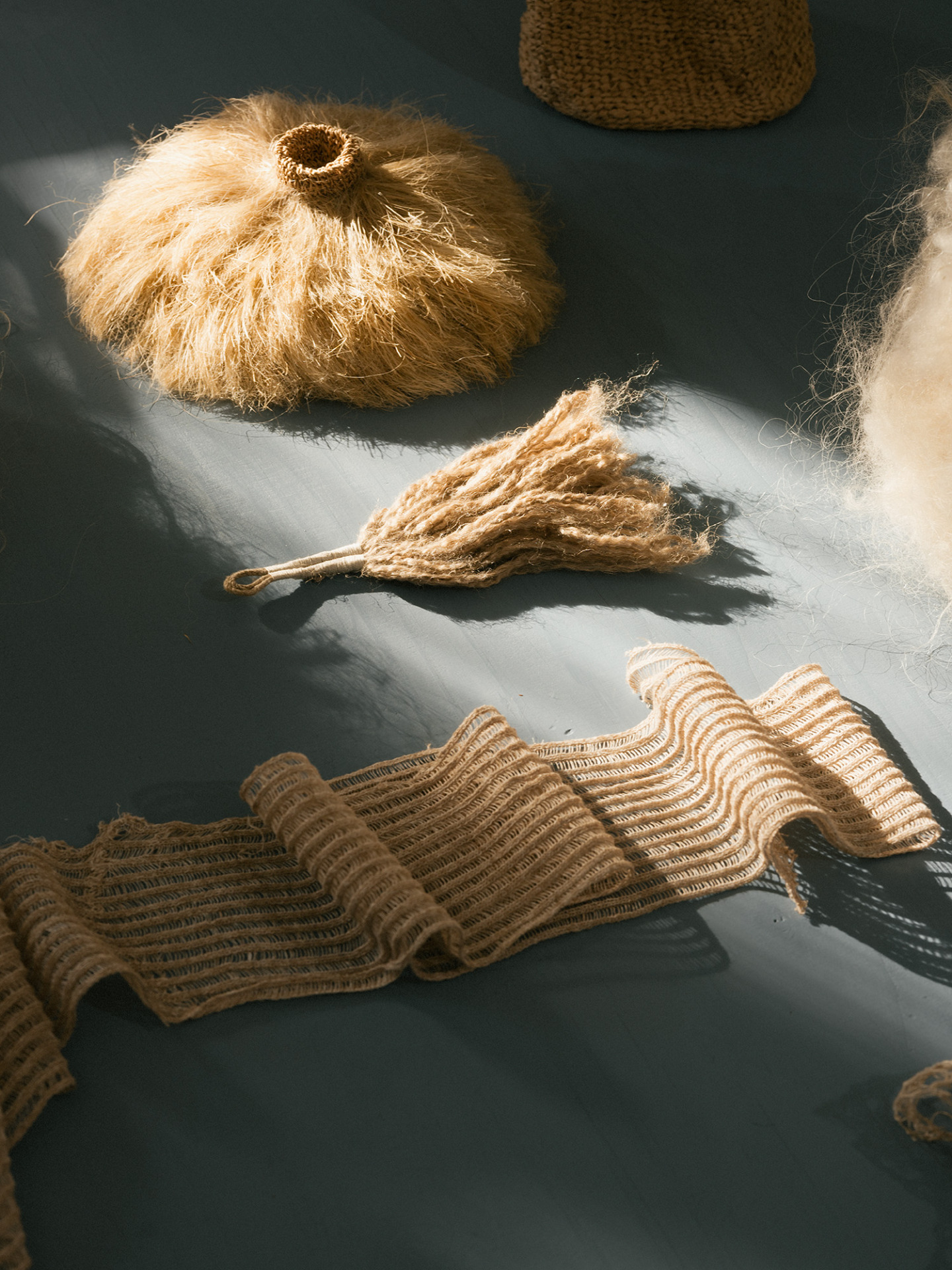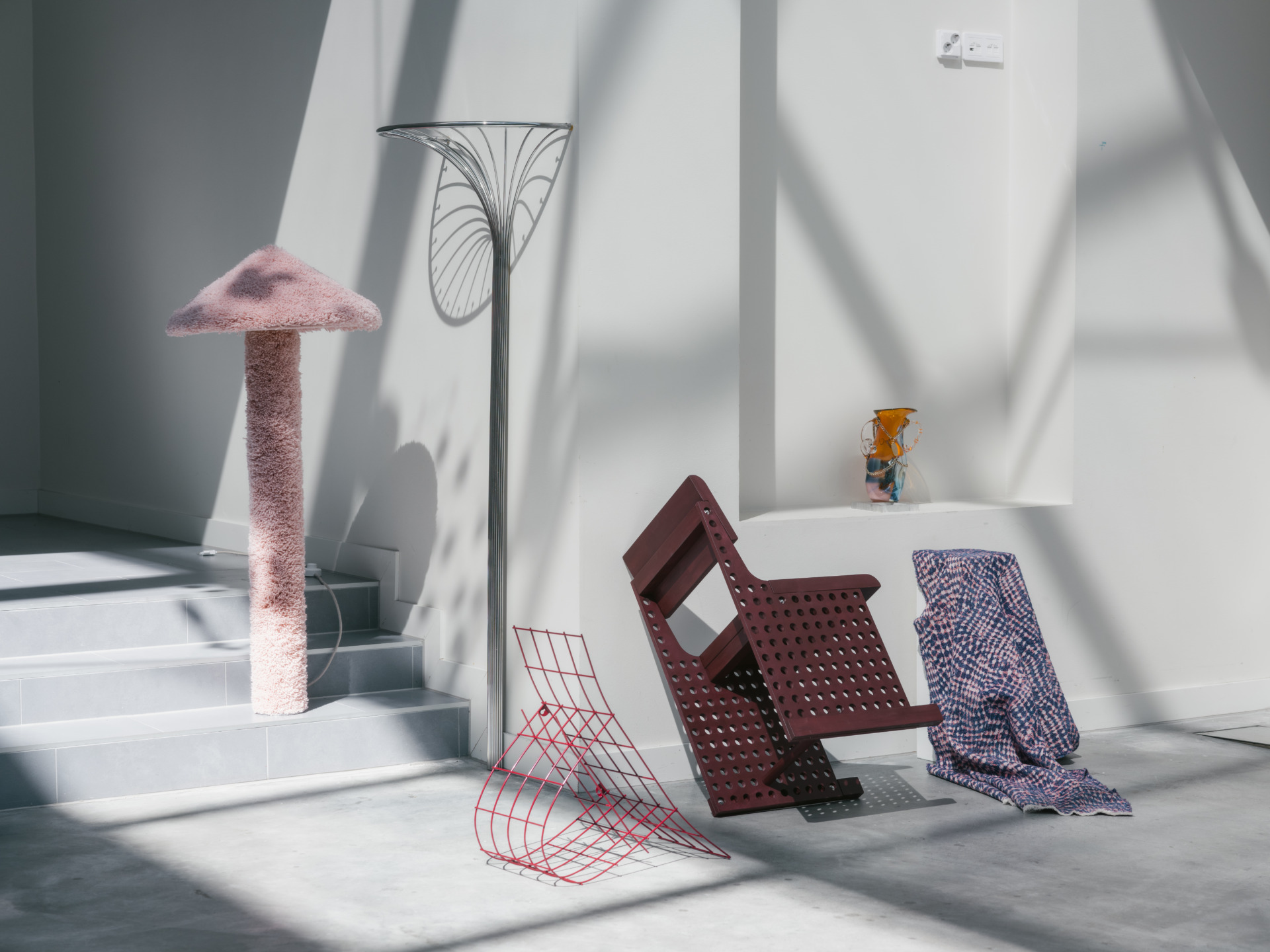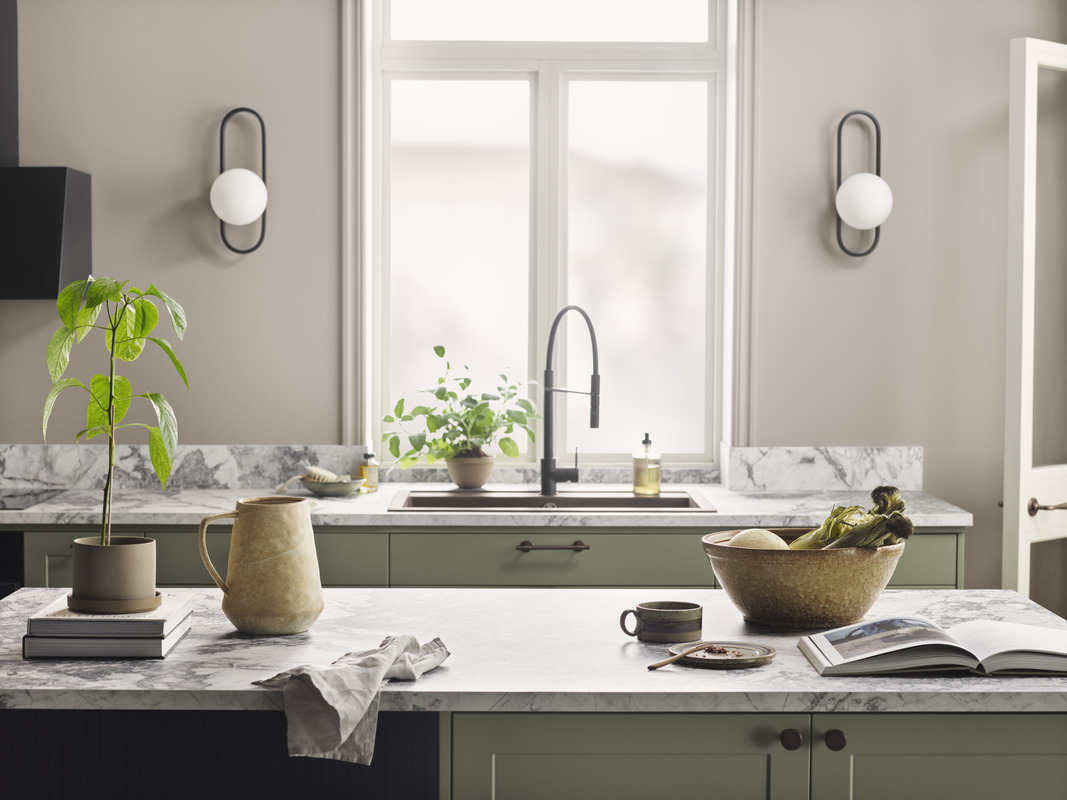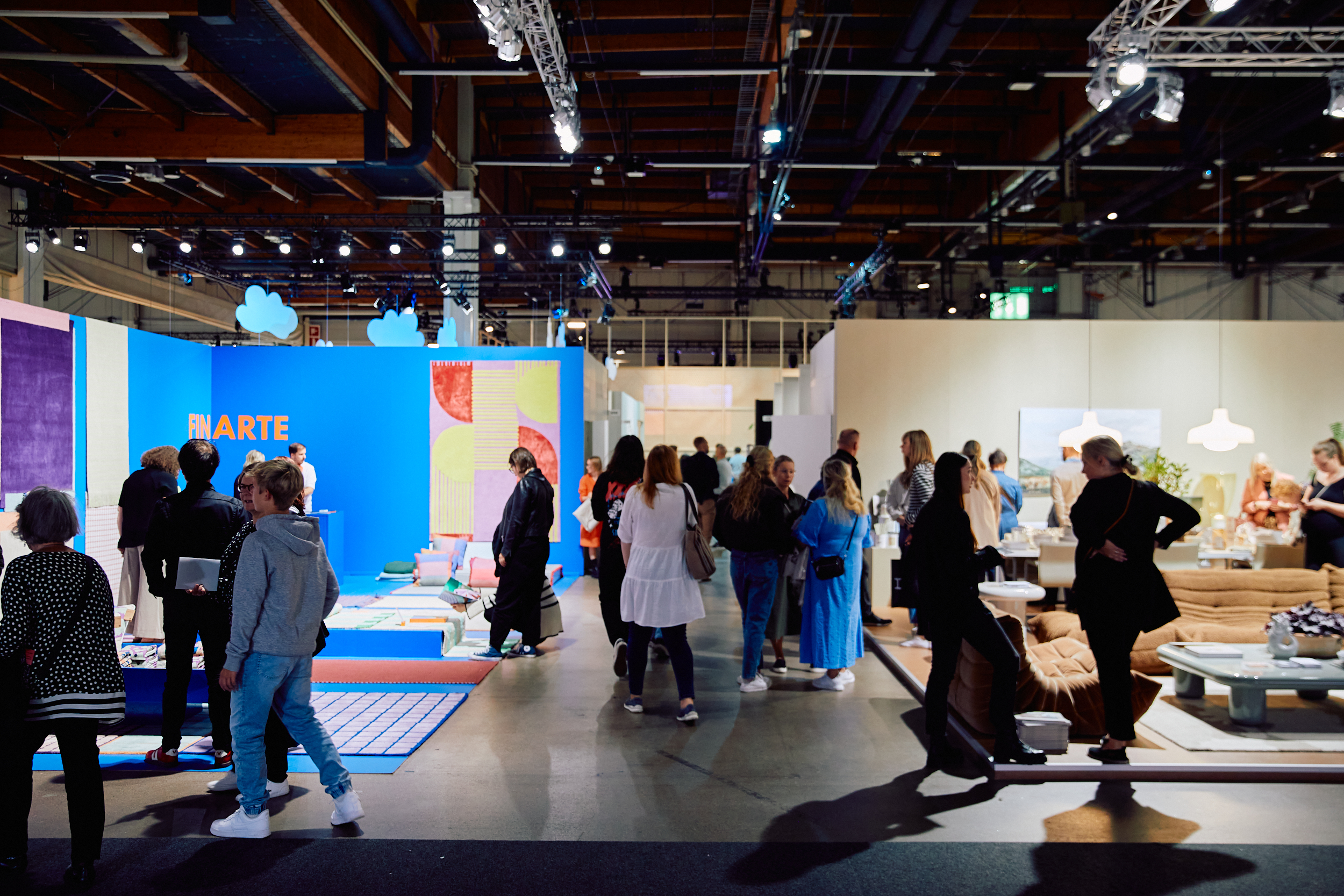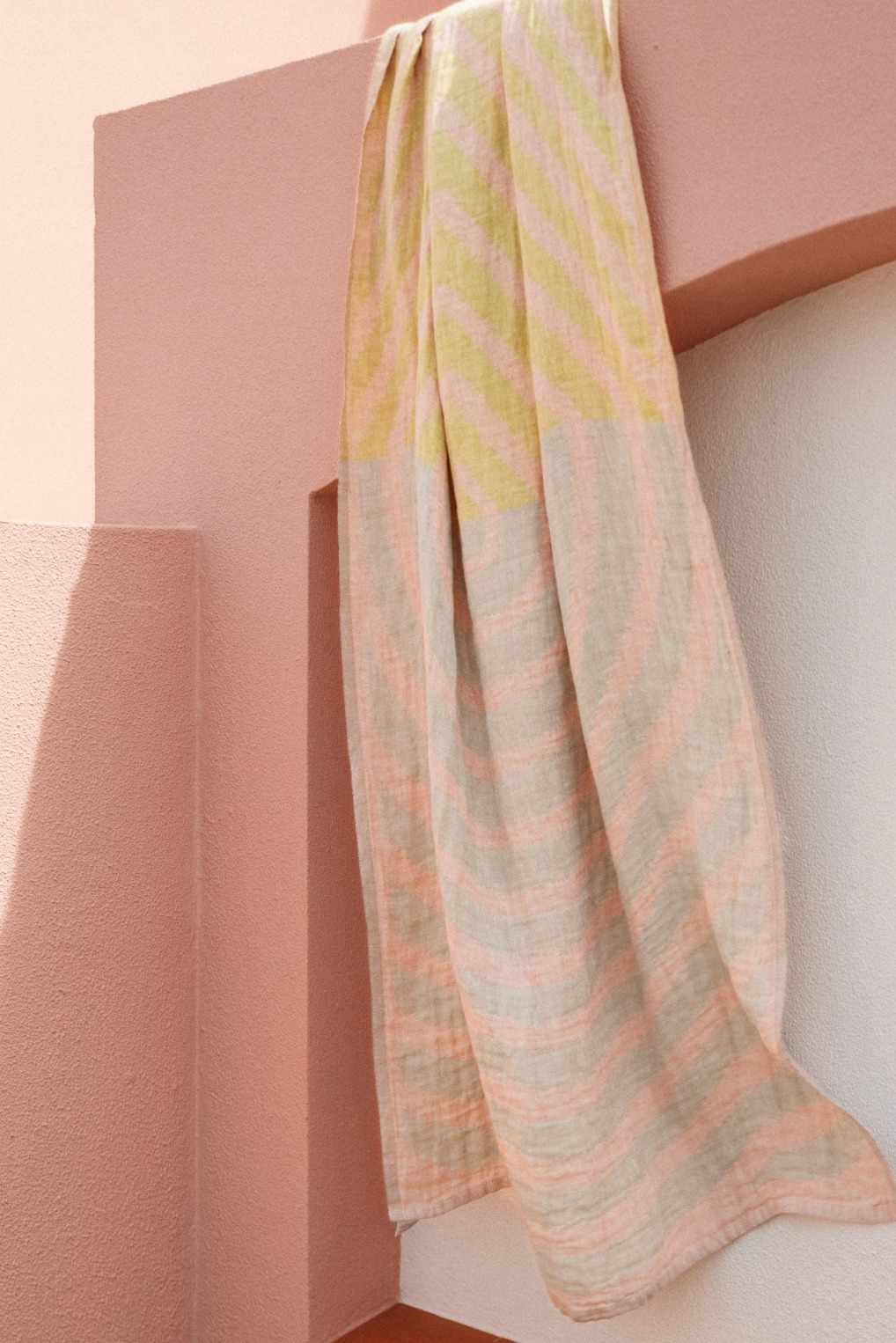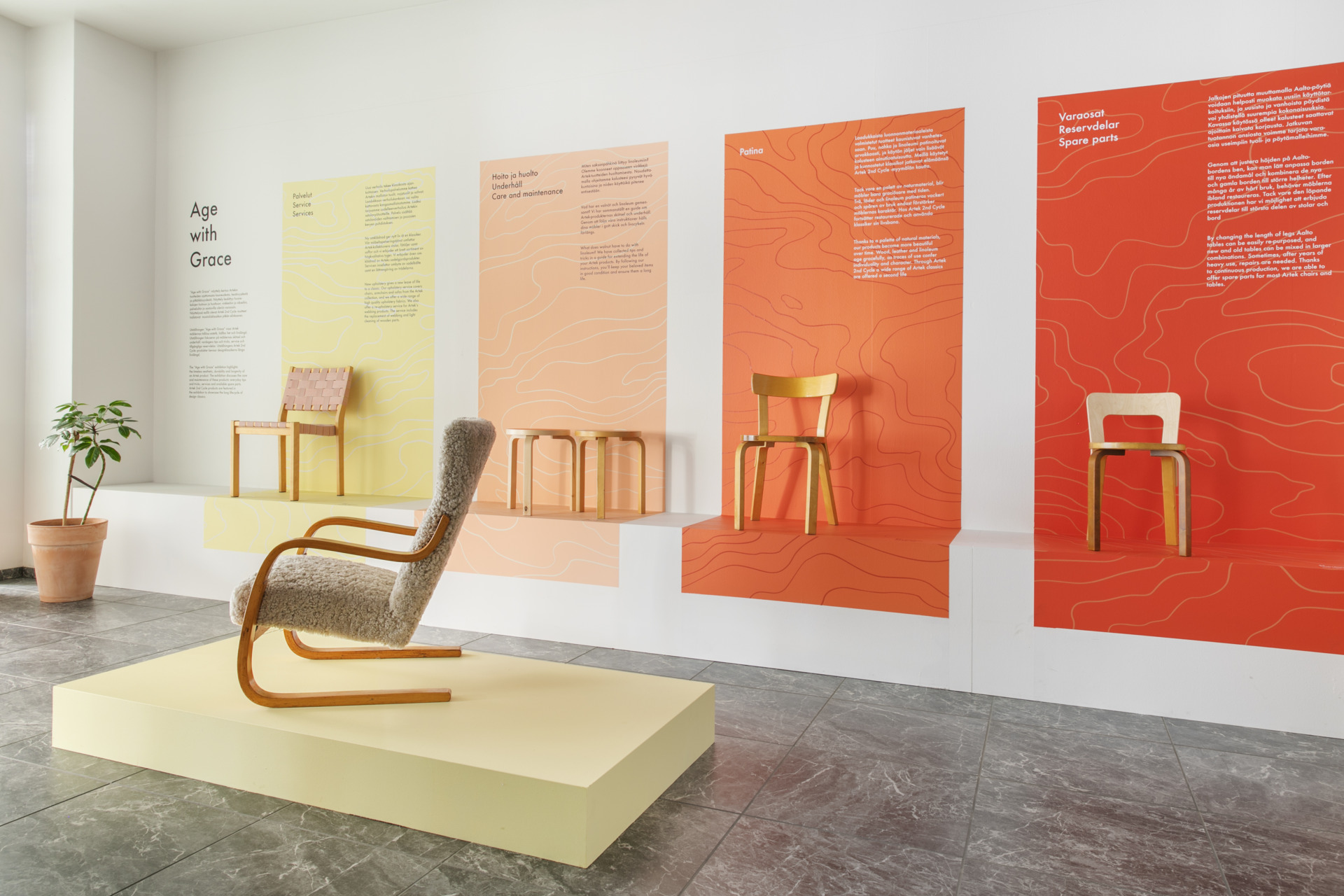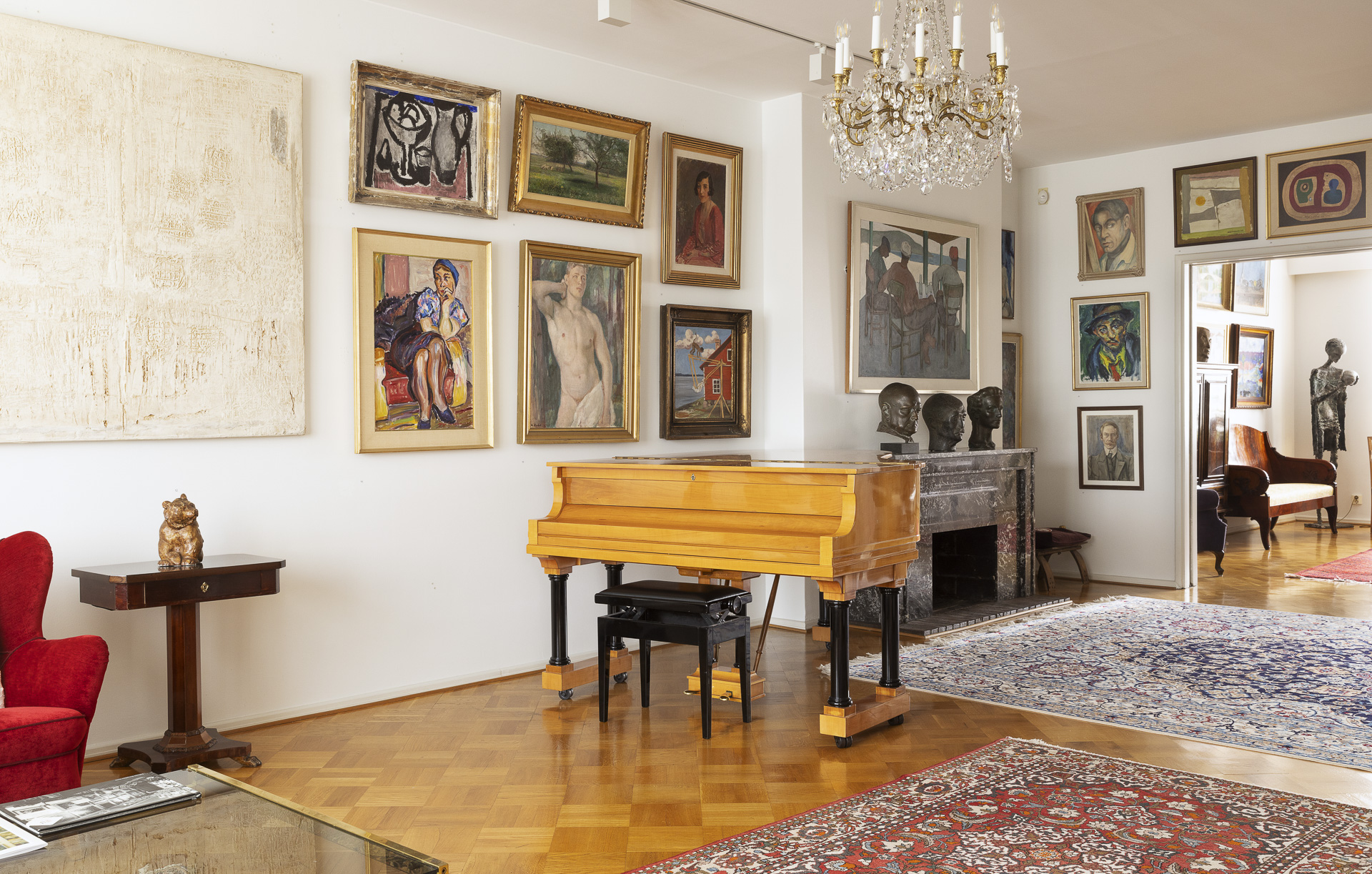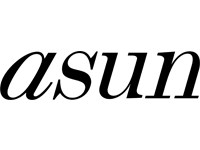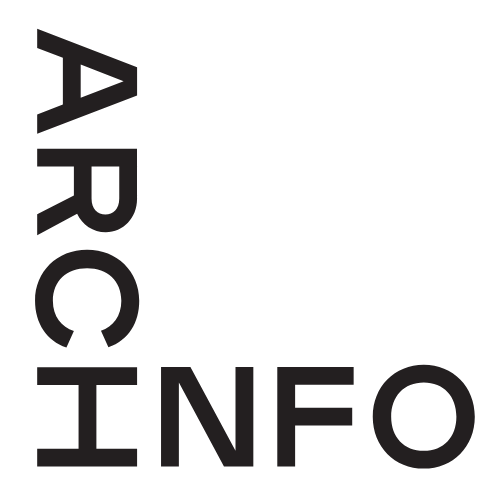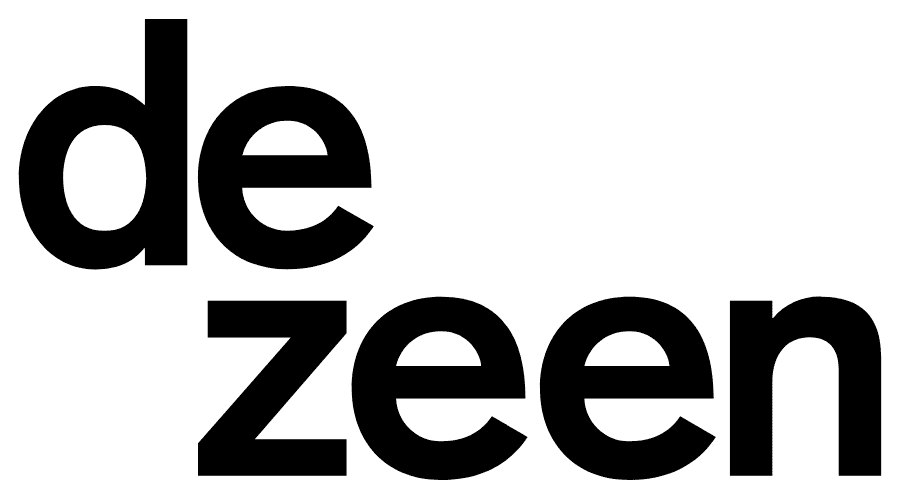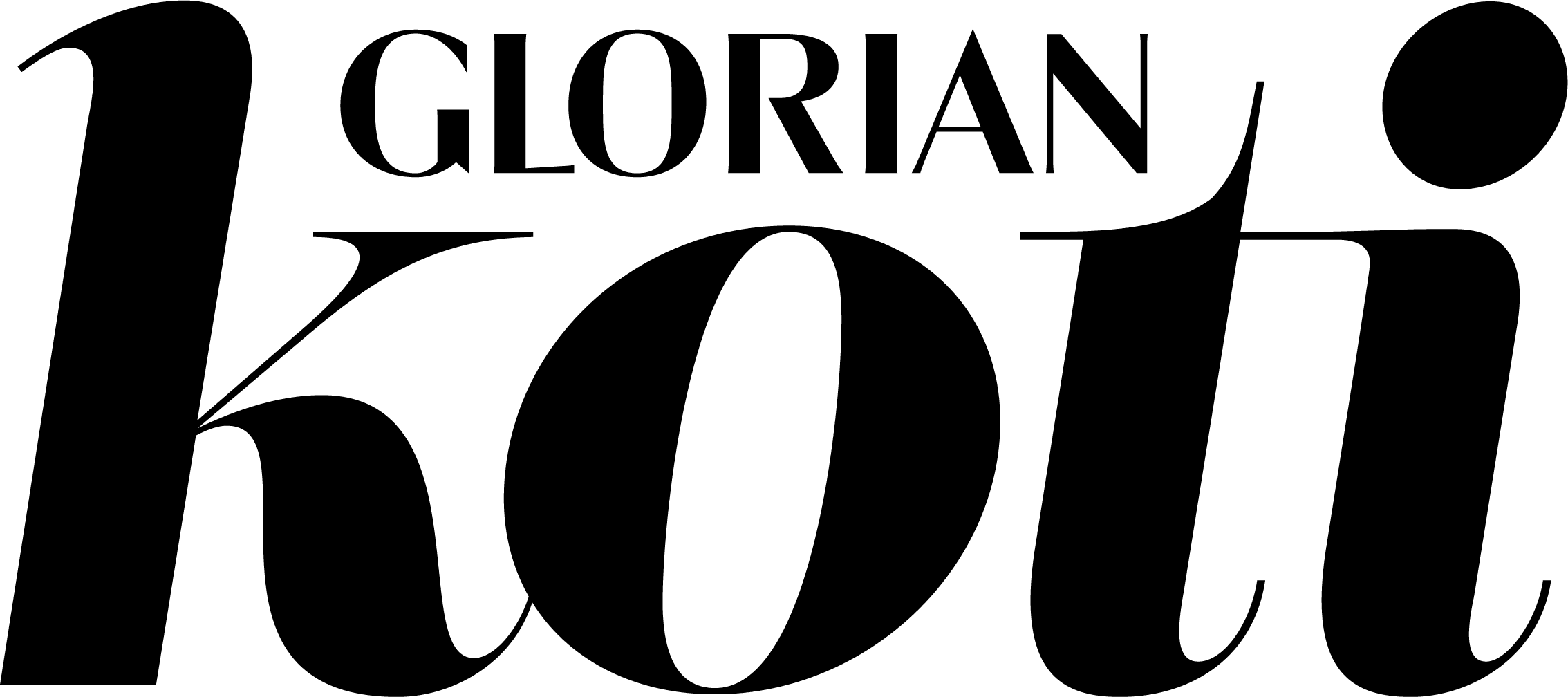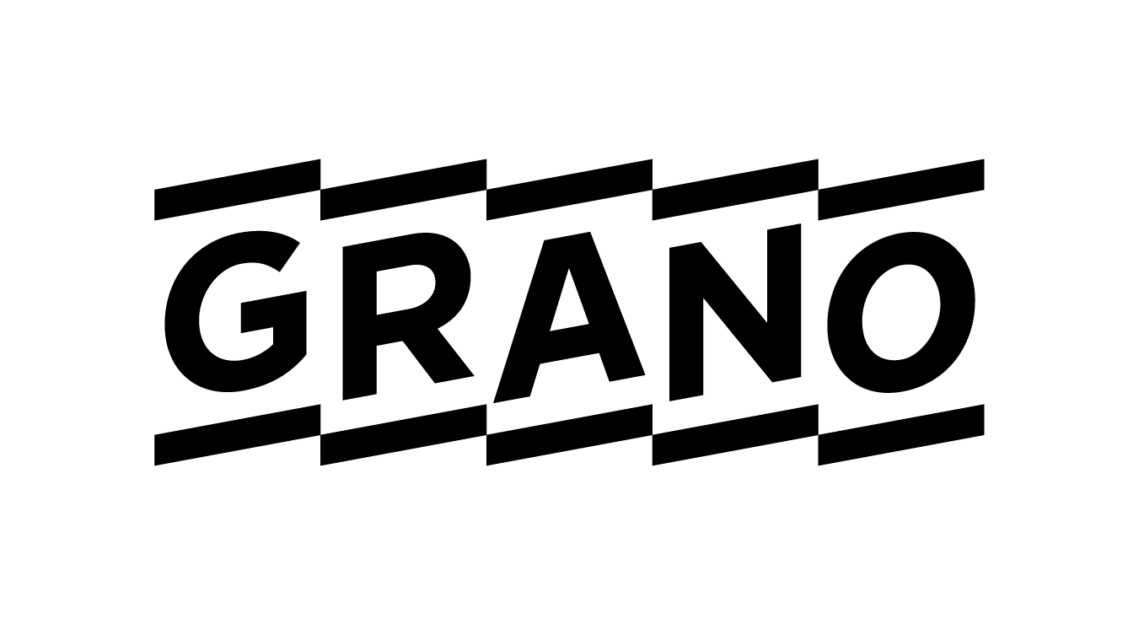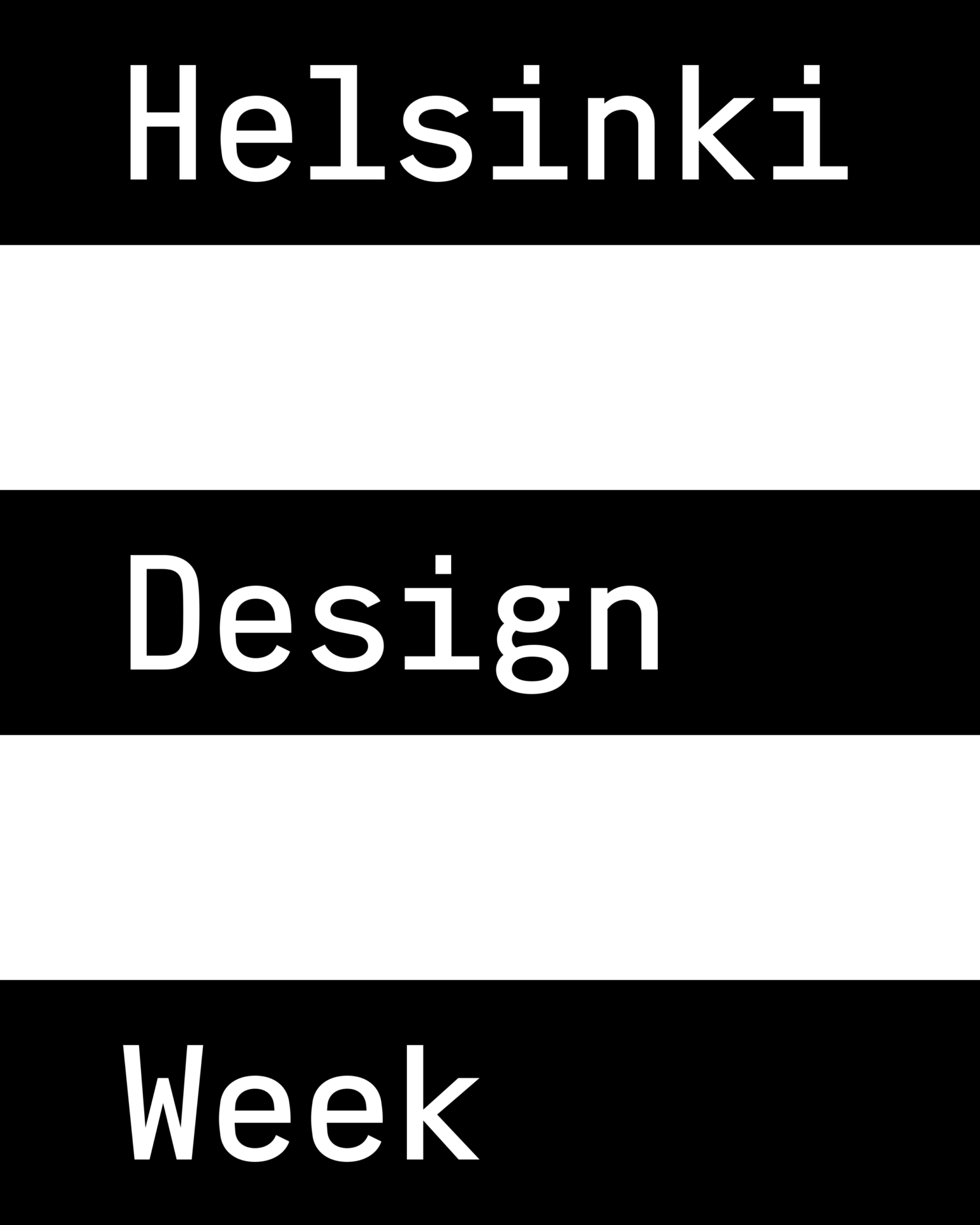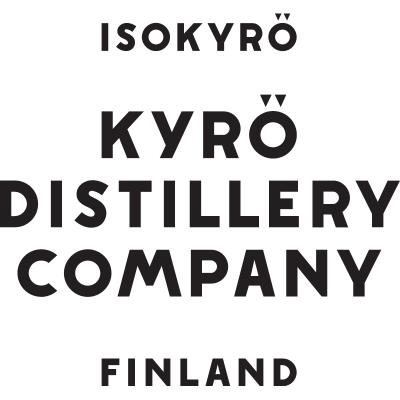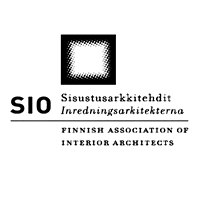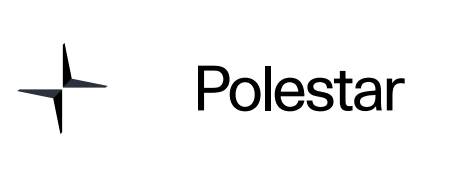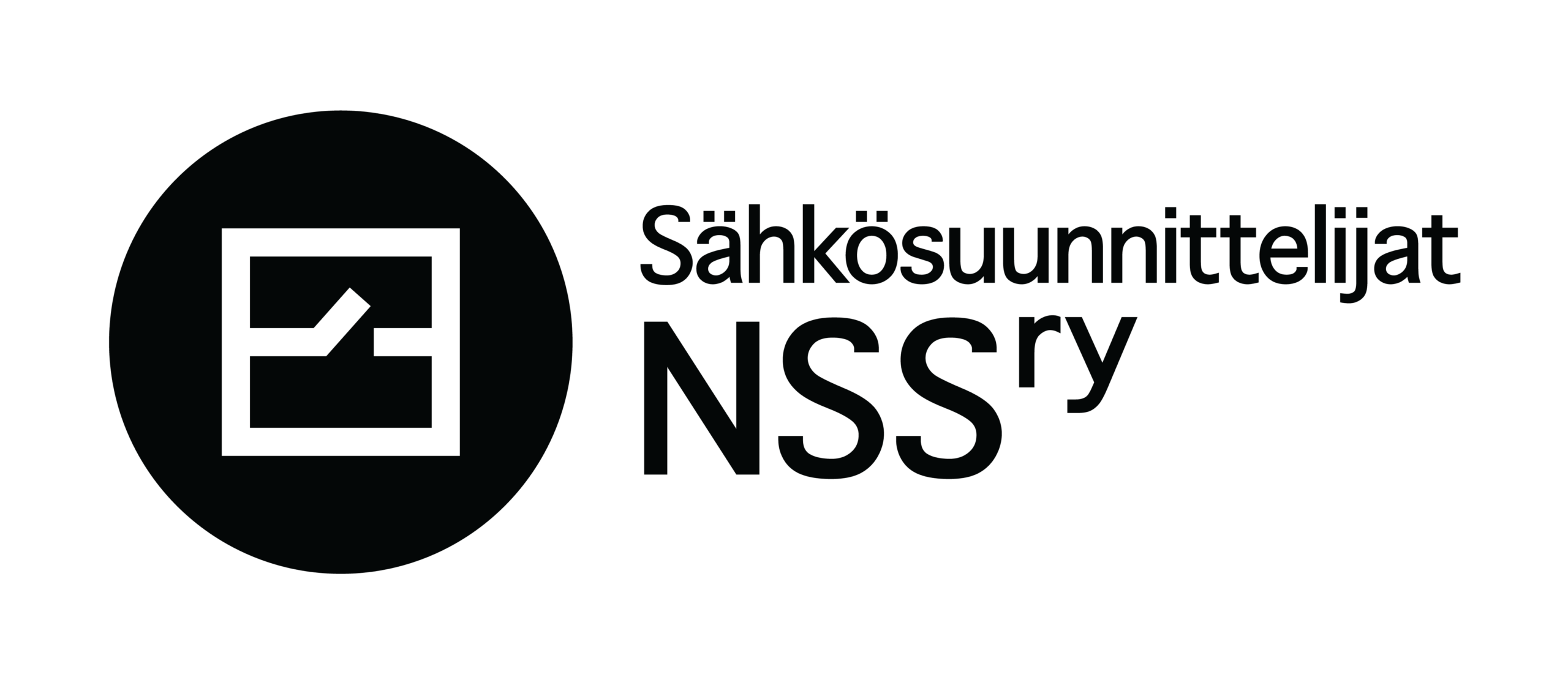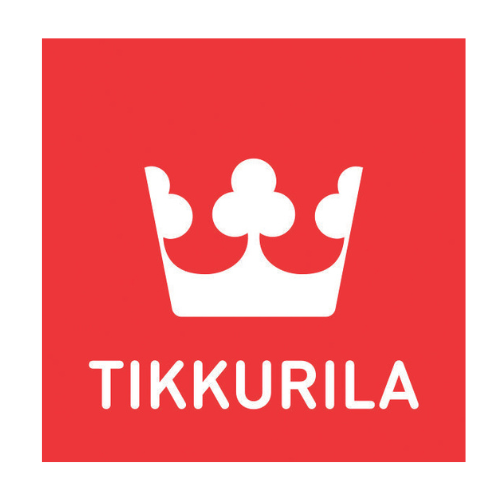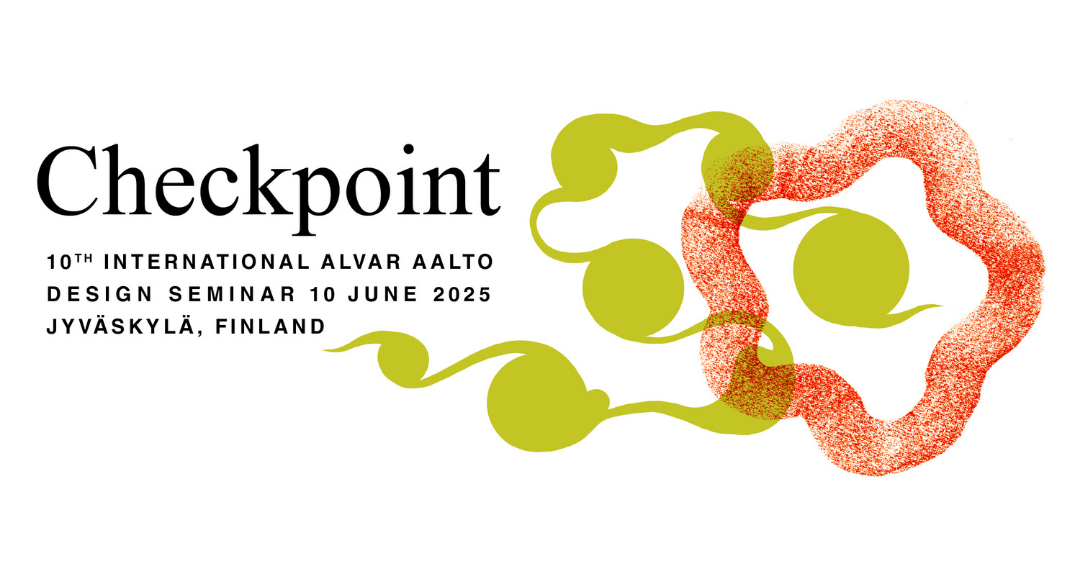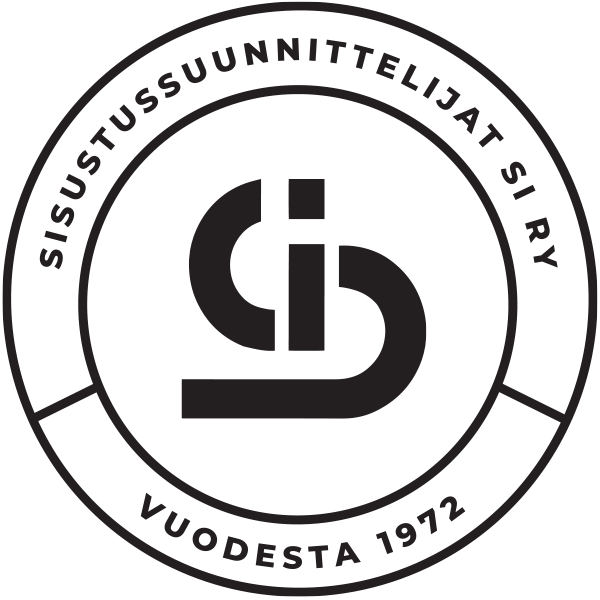
Habitare
2.–6.9.2026
Helsingin Messukeskus
Pohjoismaiden johtava huonekalu-, muotoilu- ja sisustustapahtuma
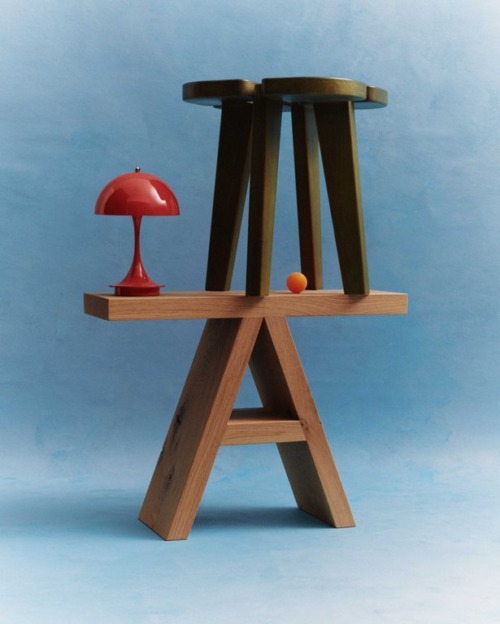
Habitare tuo yhteen muotoilun ja sisustuksen ystävät ja ammattilaiset sekä yli 500 alan yritystä ja toimijaa.
Vuonna 2025 Habitare keräsi viiden päivän aikana Messukeskukseen 43 000 kävijää.
Habitaren 2025 teema, Koskettaa/Touch, syventyy inhimilliseen tarpeeseemme kokea, koskea ja tunnustella asioita. Se kehottaa tutkimaan moniaistillisesti tiloja, valjastamaan aidon uteliaisuuden osaksi kokemusta ja löytämään pinnoista tunteen.
Tunnelmia Habitaresta
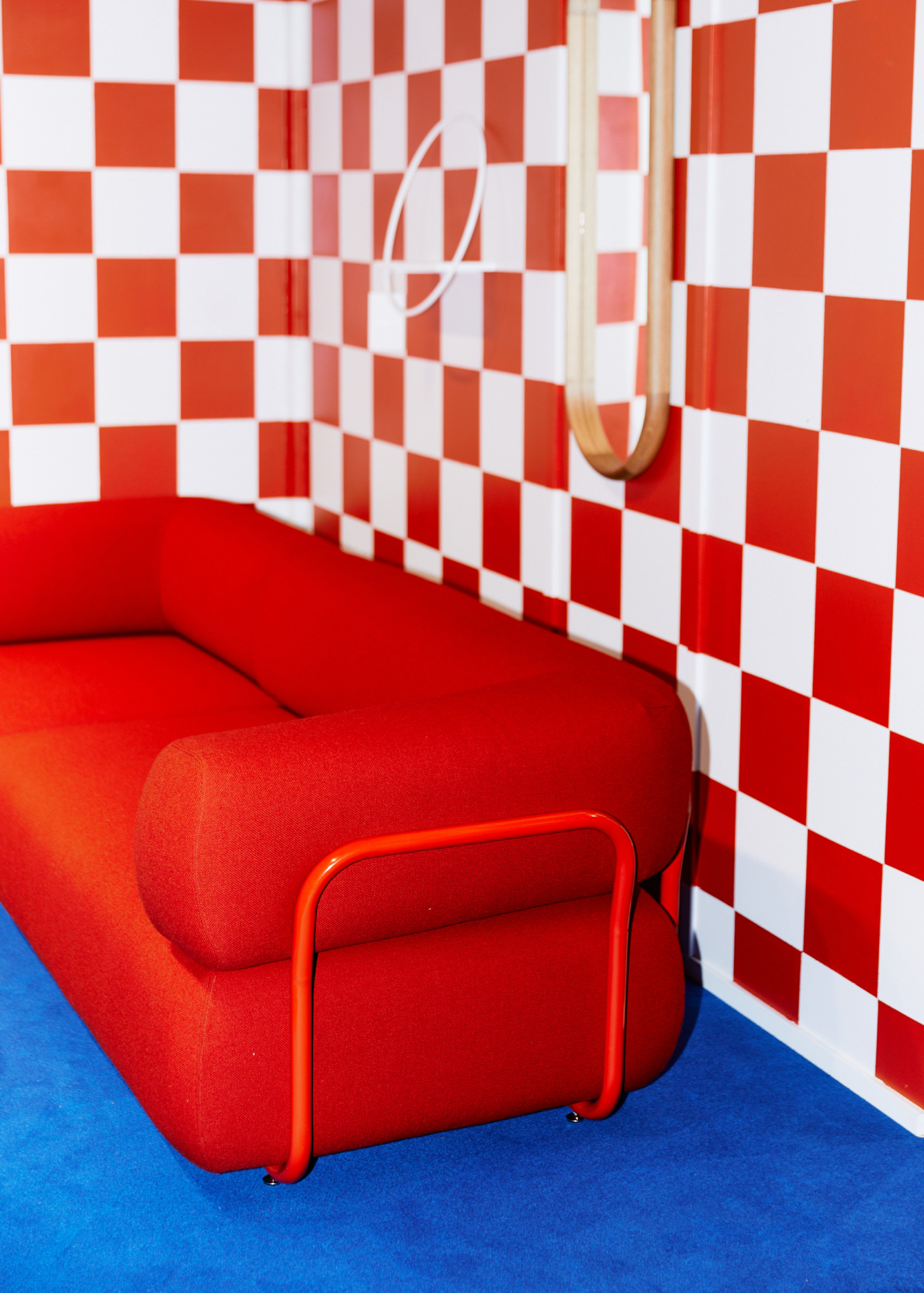
Alueet
Tutustu Habitare 2025 alueisiin.
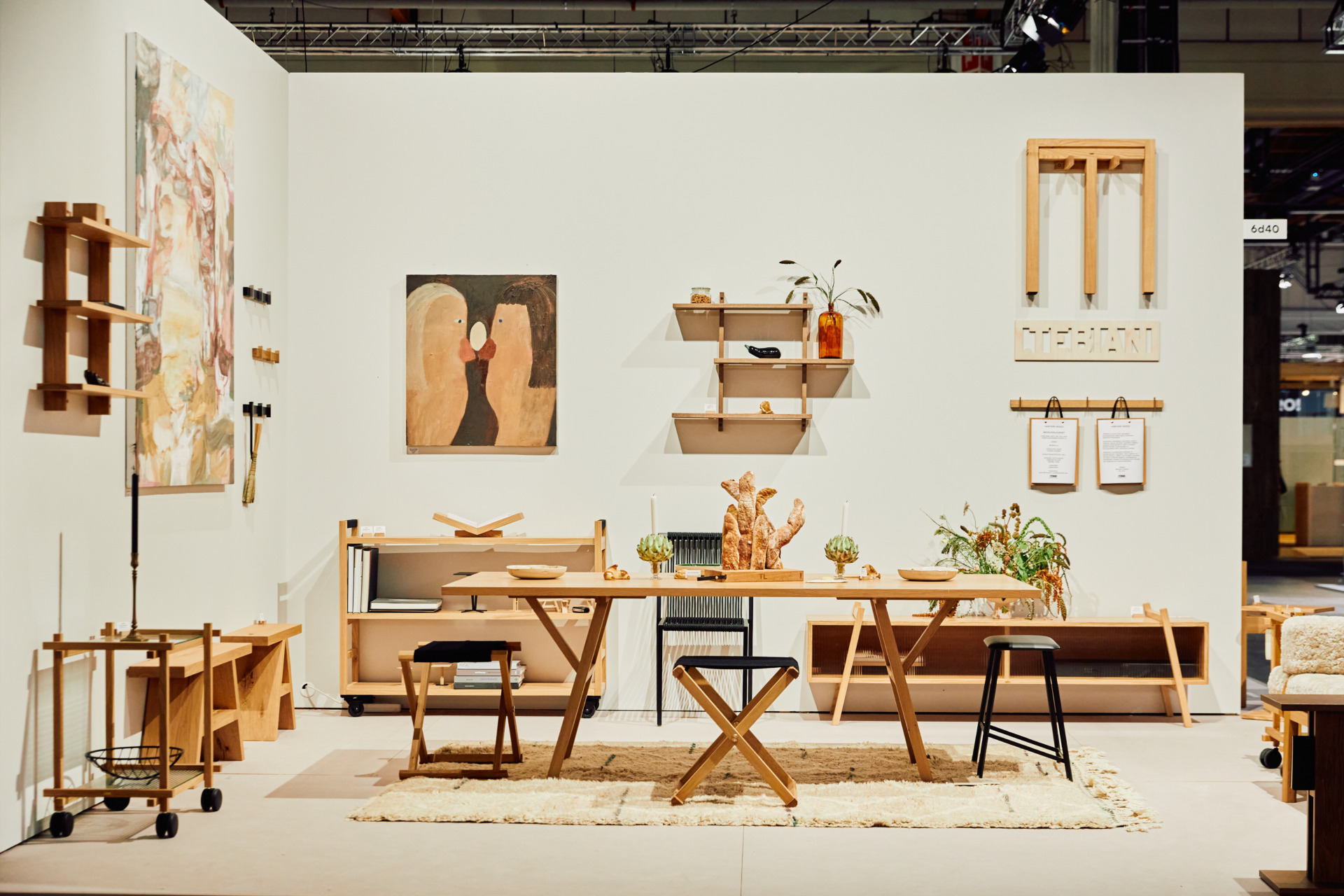
Mukana tapahtumassa
Näytteilleasettajat mukana Habitaressa 2025.
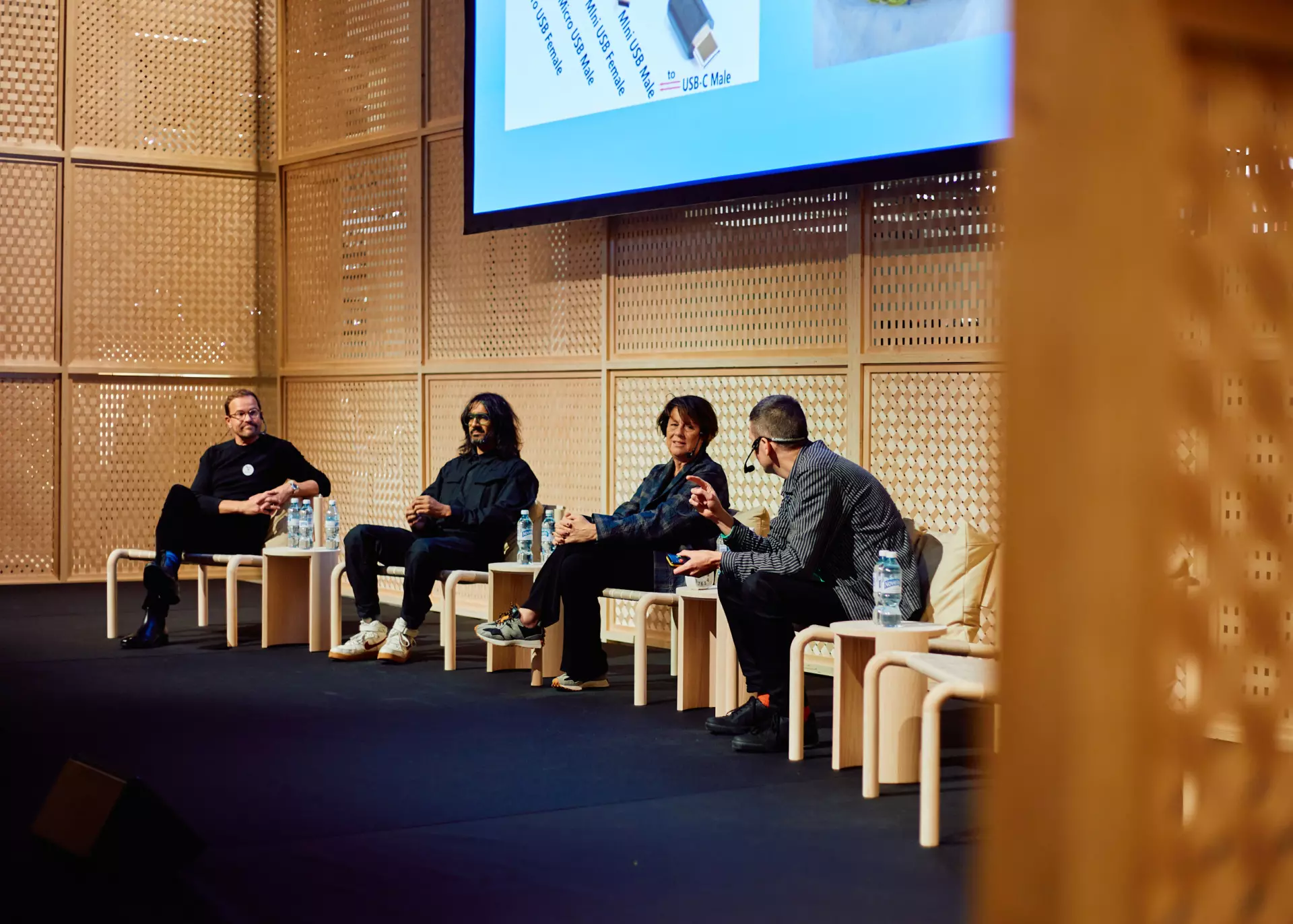
Ohjelma
Habitaren 2025 ohjelma on julkaistu.
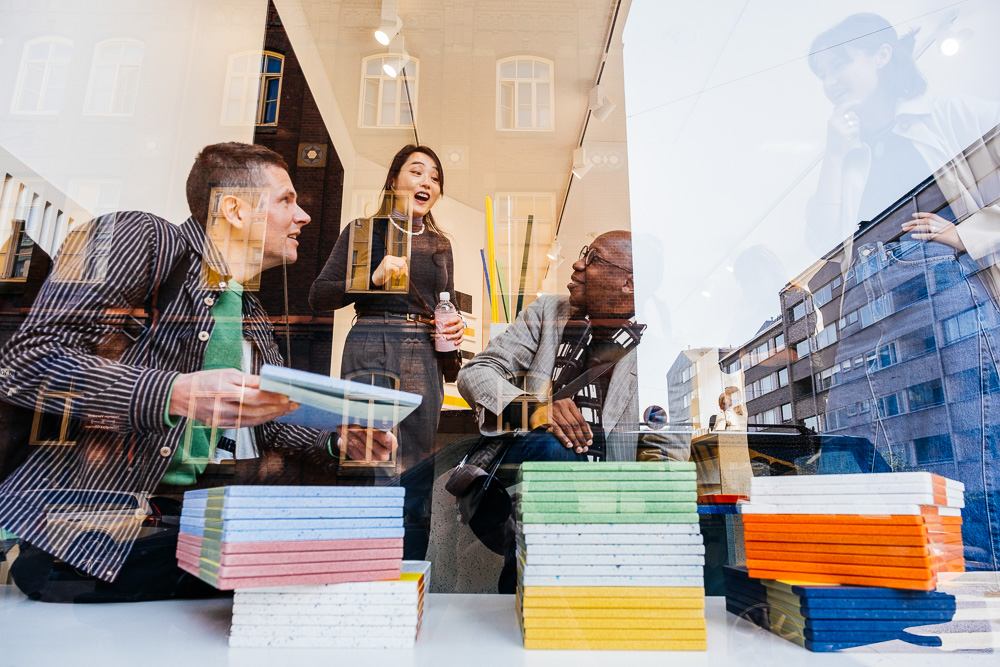
Showrooms
Vieraile kaupungin kiinnostavimmilla showroomeilla 10.-14.9.2025
Ajankohtaista
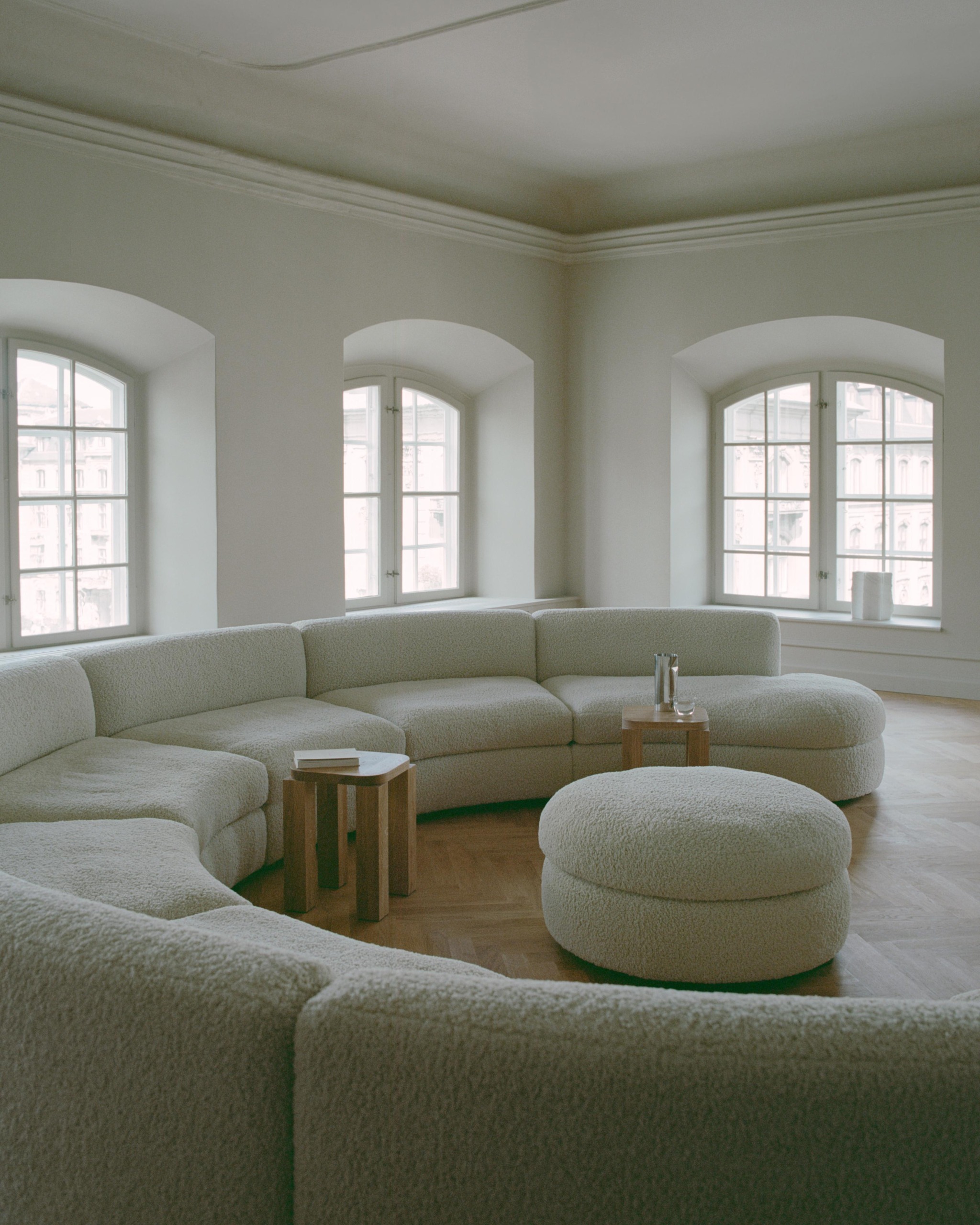
Habitaren kutsuvierasosastoina Fogia ja New Works
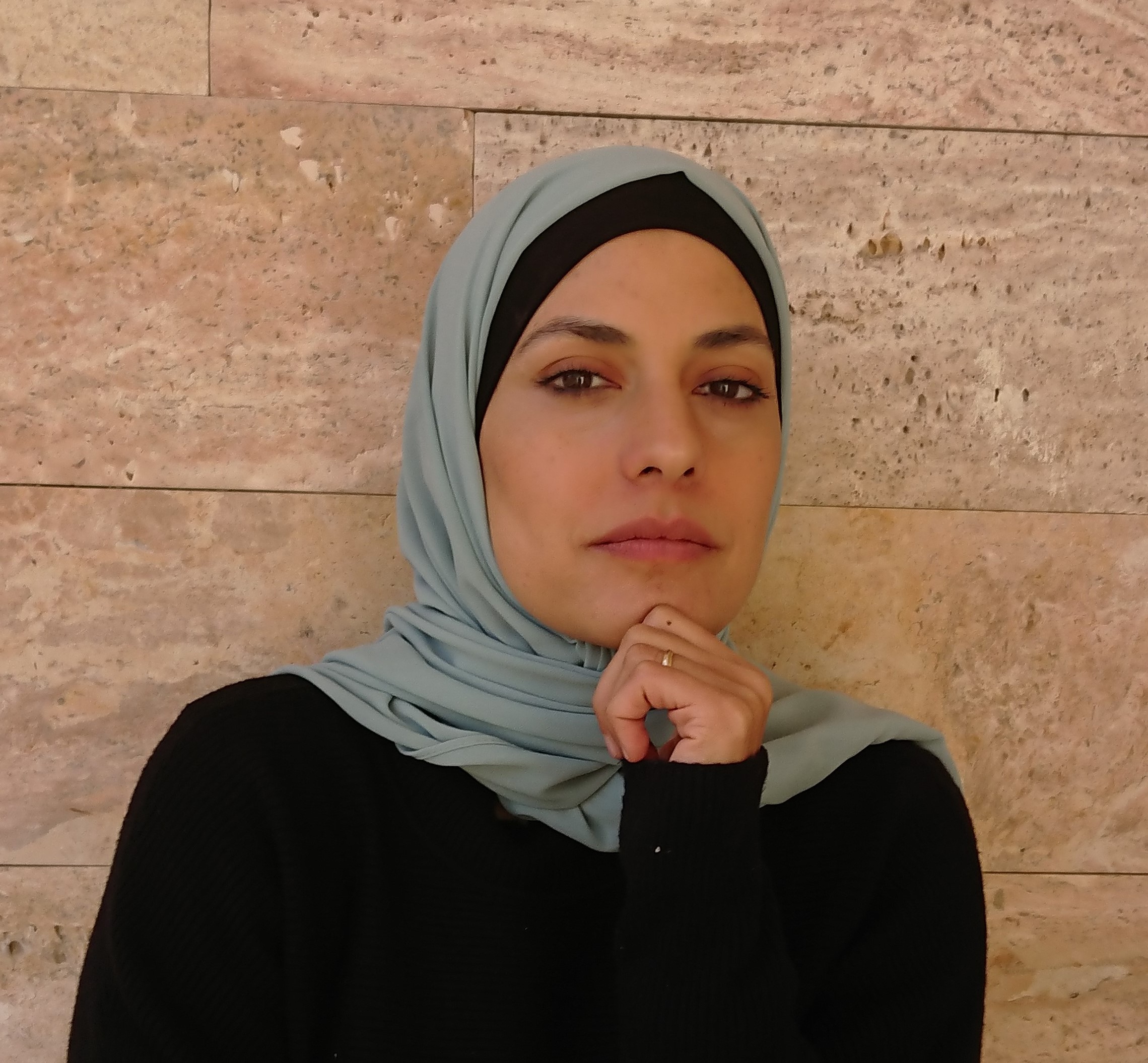
2025 ensimmäiset keynote-puhujat on julkaistu

Habitare Materials & Objects nähdään Milanon designviikolla huhtikuussa
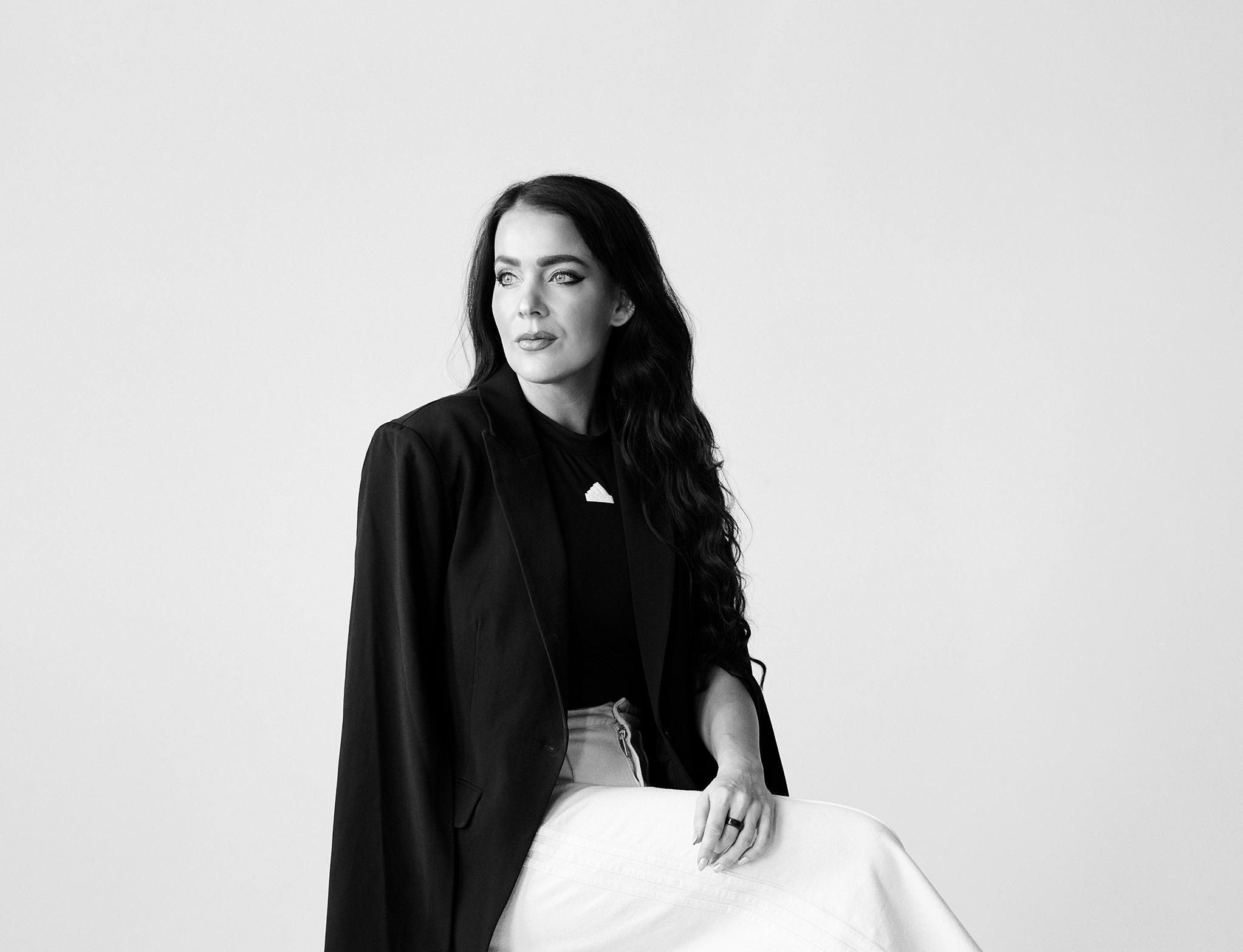
Habitare Naapurit -alueen 2025 suunnittelee Laura Seppänen
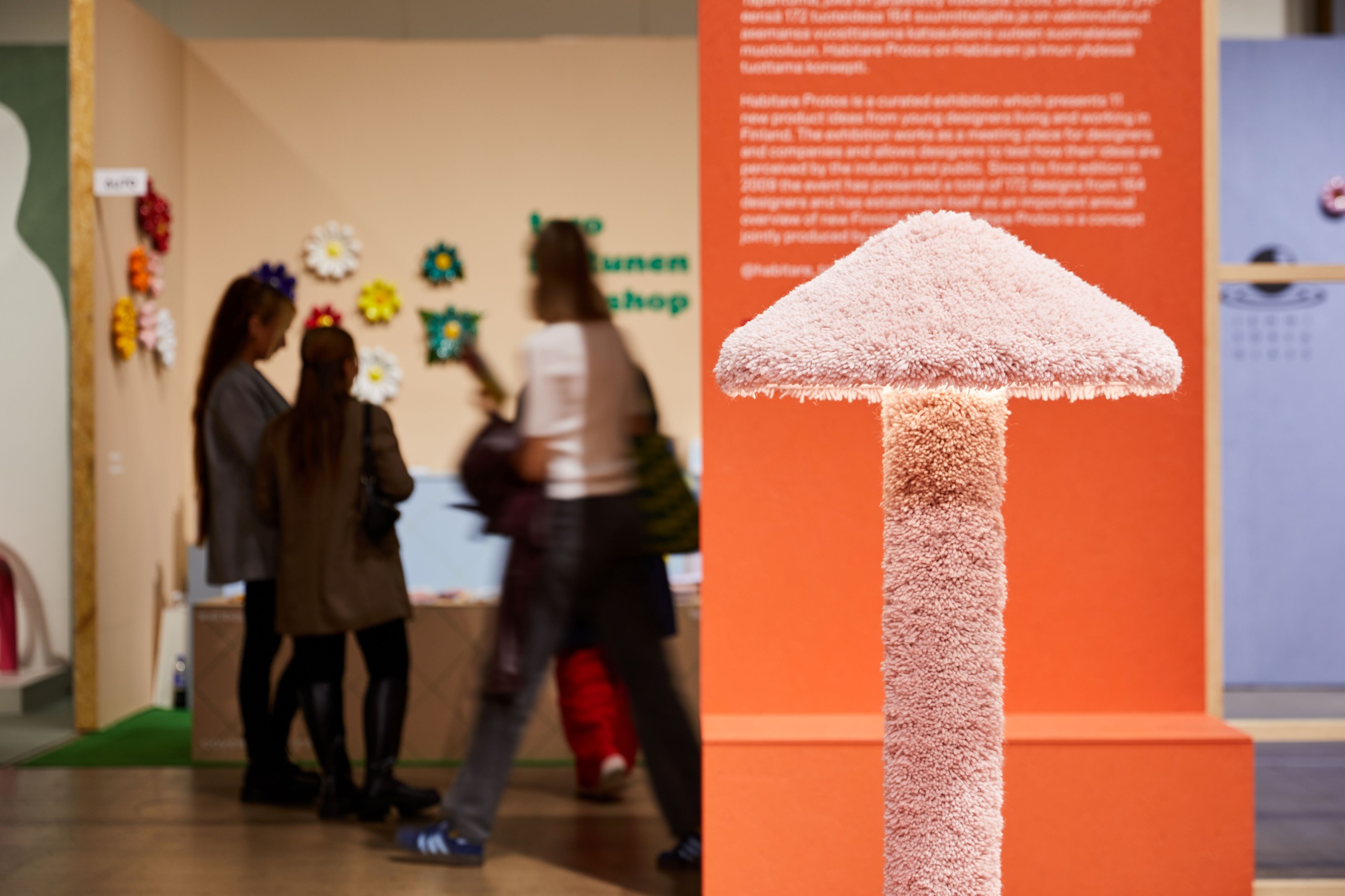
Haku vuoden 2025 Habitare Talents – ja Habitare Protos -näyttelyihin on avattu!
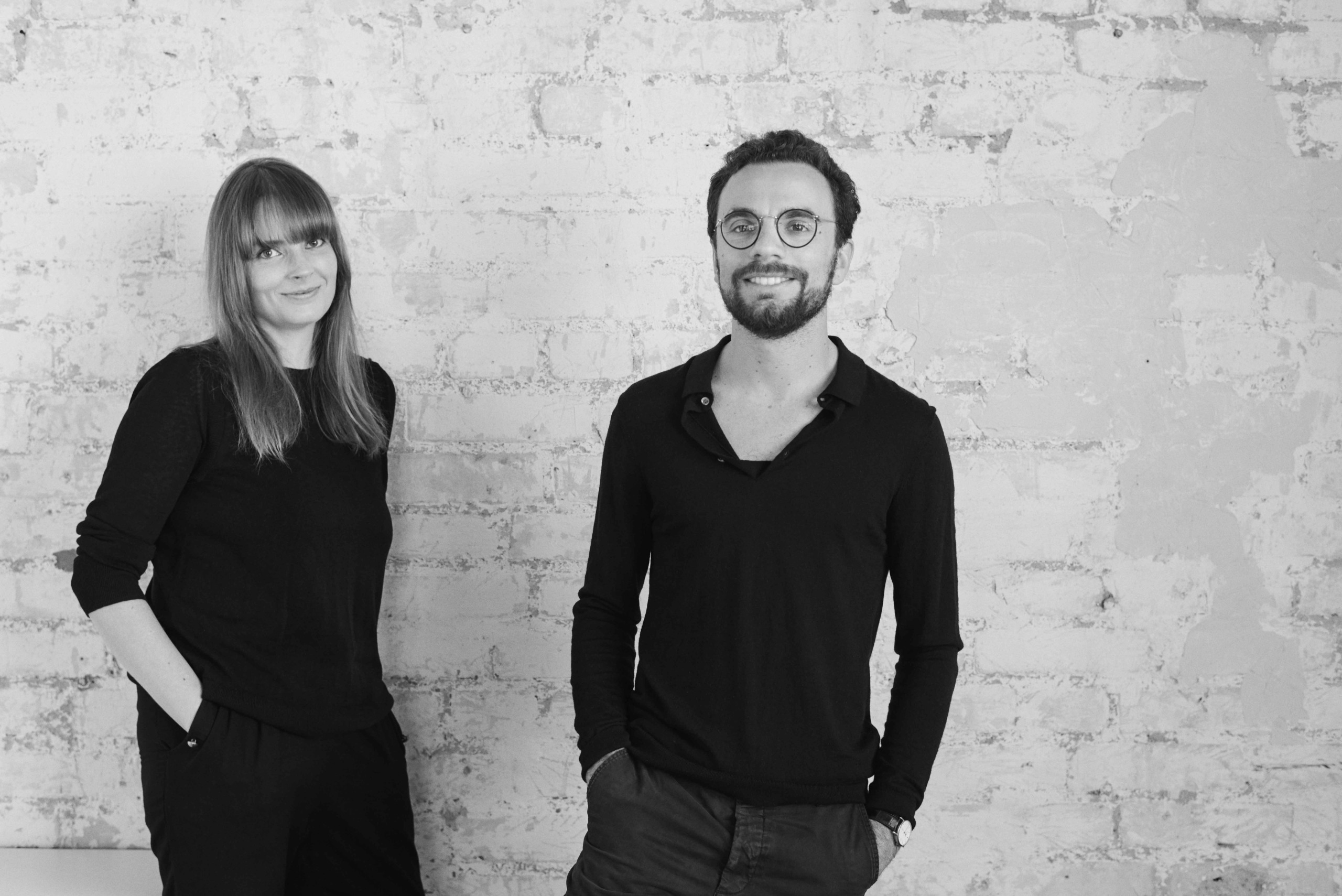
Habitaren 2025 teemanäyttelyn suunnittelee Collaboratorio
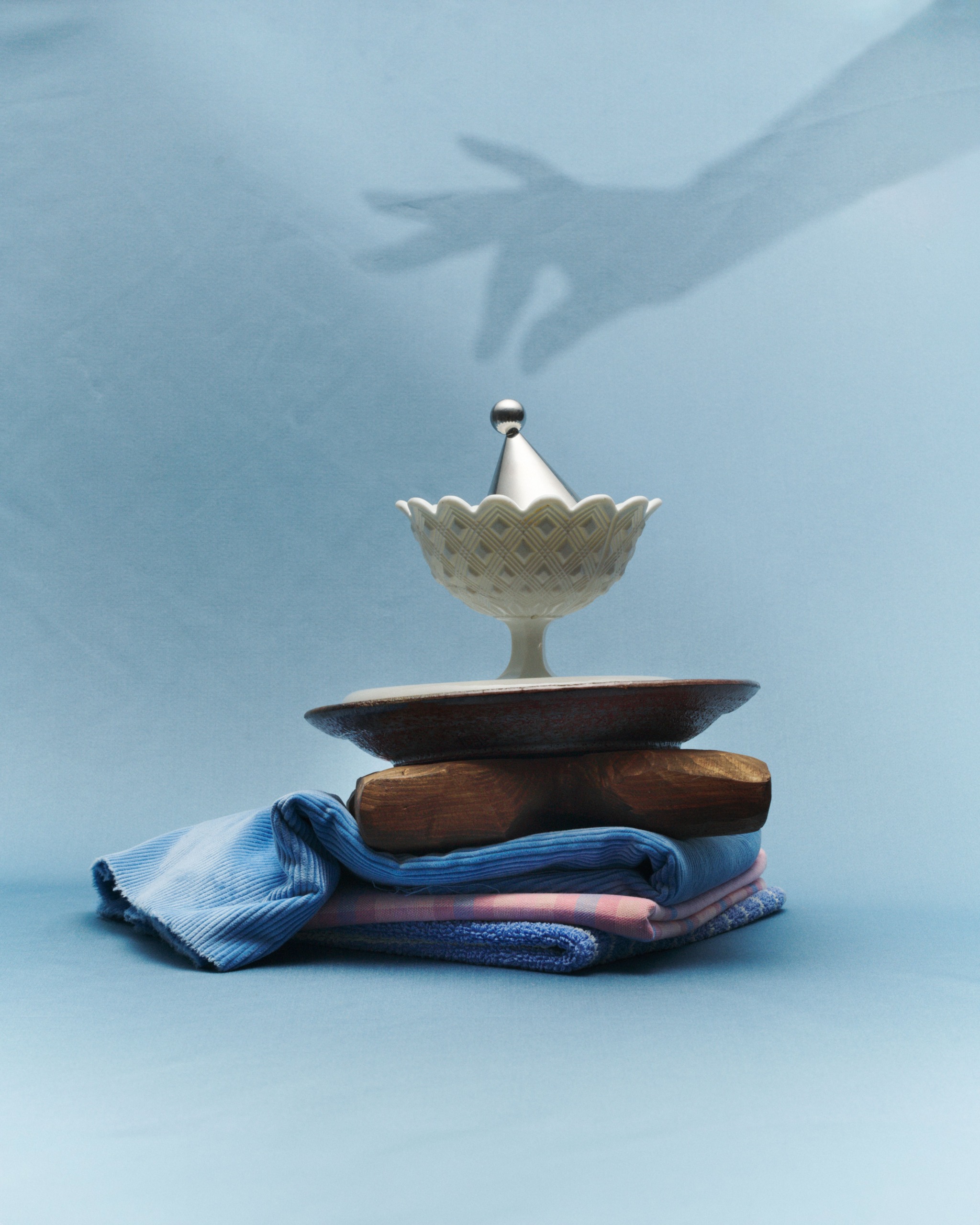
Habitaren 2025 teema, Koskettaa/Touch, tutustuu inhimilliseen tarpeeseemme koskea ja tunnustella asioita.
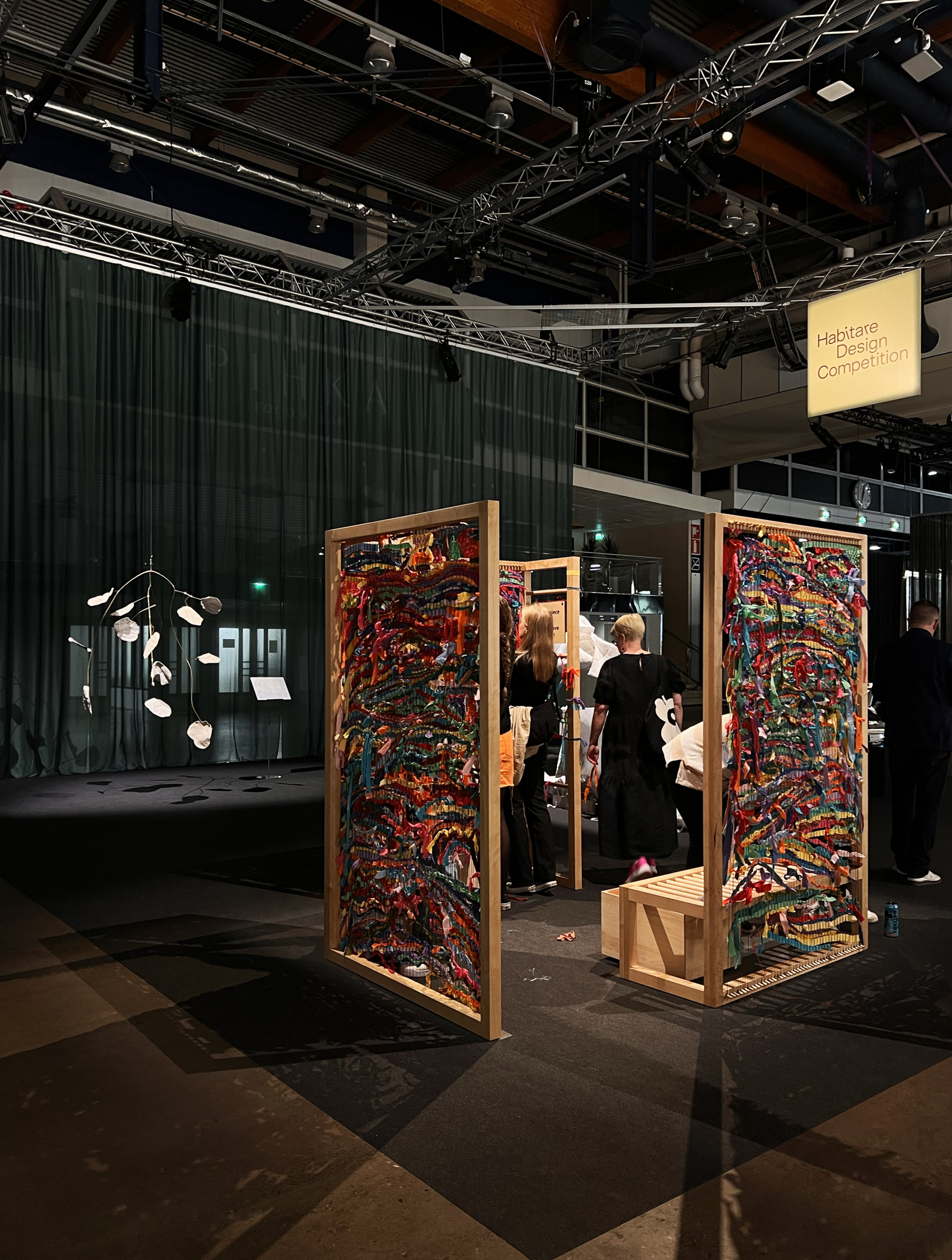
Habitare-suunnittelukilpailu 2025 on avautunut!
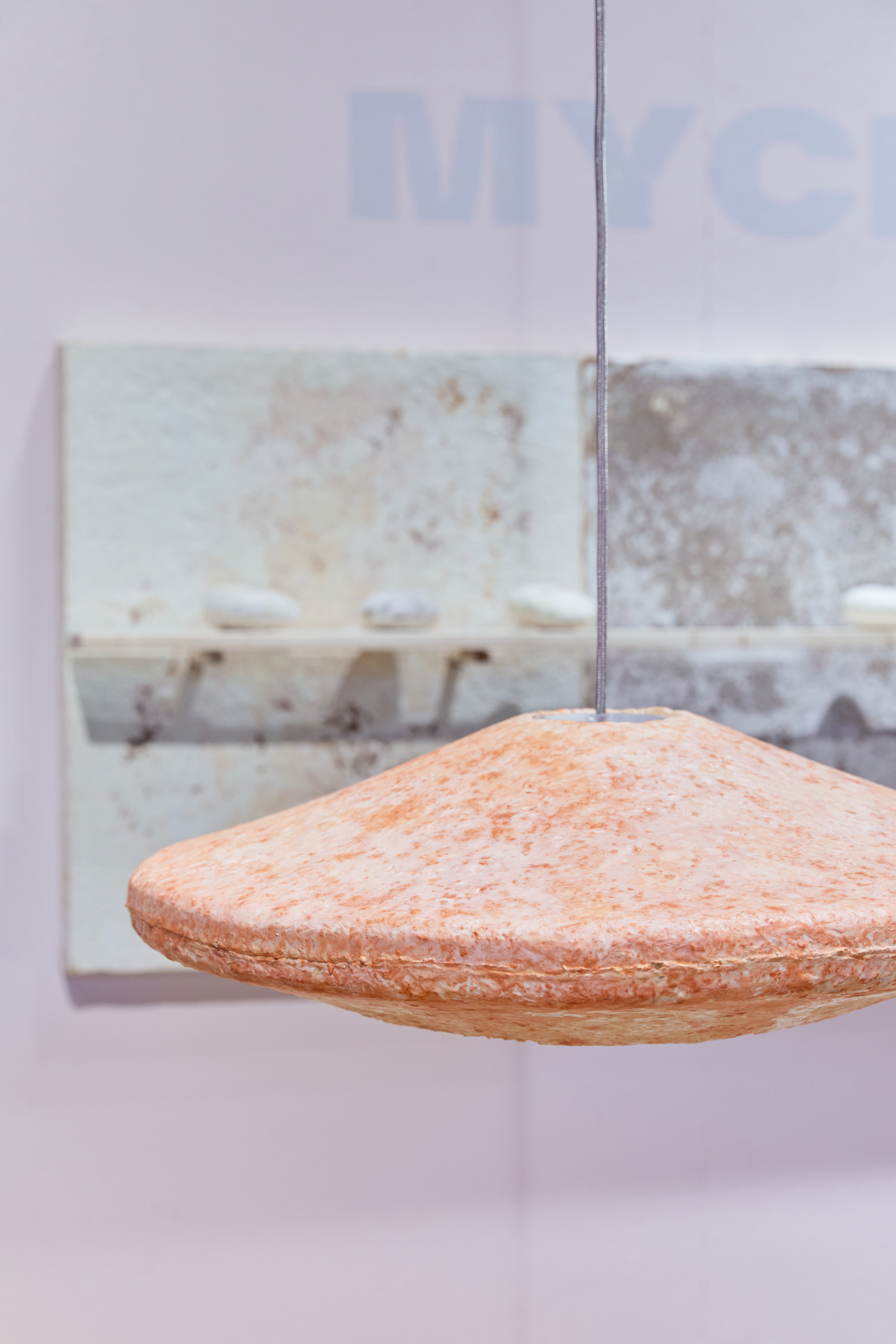
Habitare Selection – Vuoden 2024 paras osasto, tuote ja mielenkiintoisin ilmiö on valittu
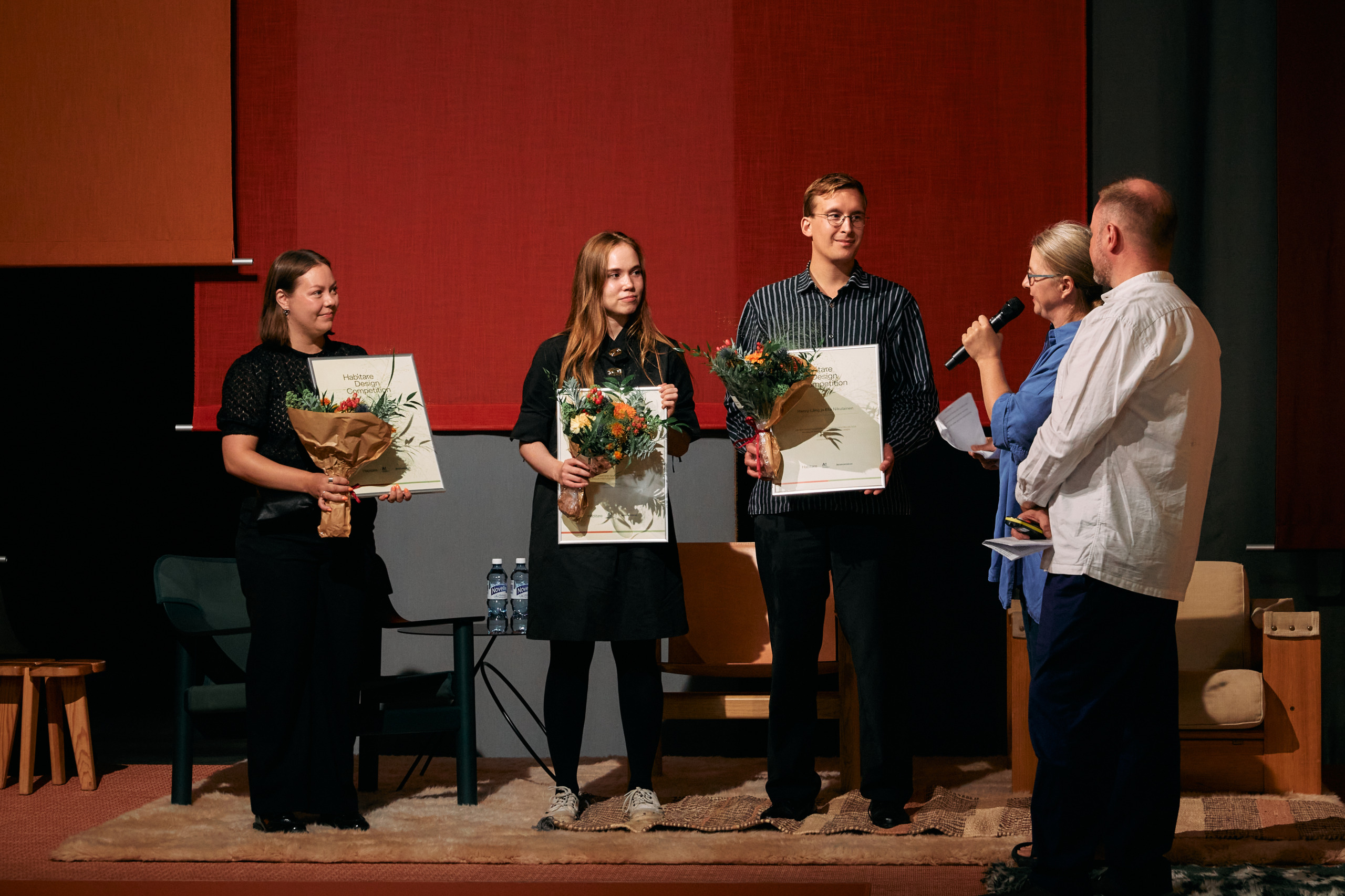
Habitare-suunnittelukilpailun 2024 voittajat on julkistettu
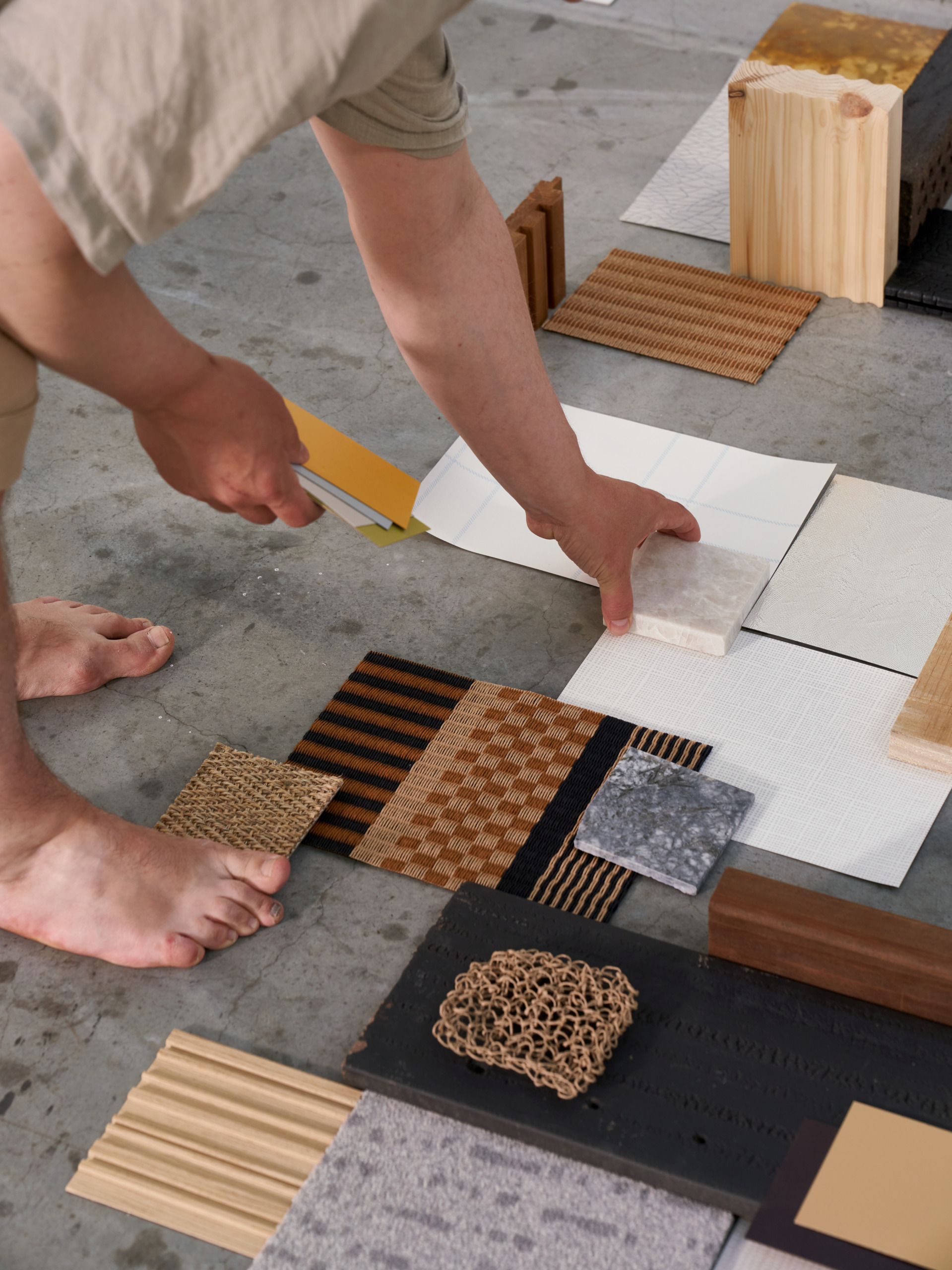
Tänä vuonna Habitare Materialsissa nähdään epätäydellisyyttä ja keskeneräisyyttä
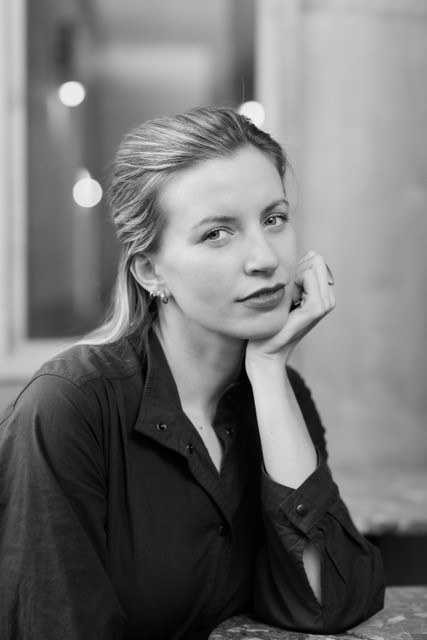
Helsinki Design Weekin ohjelmajohtaja Anni Korkmanin ja Habitaren Creative Lead Päivi Helanderin ohjelmatärpit
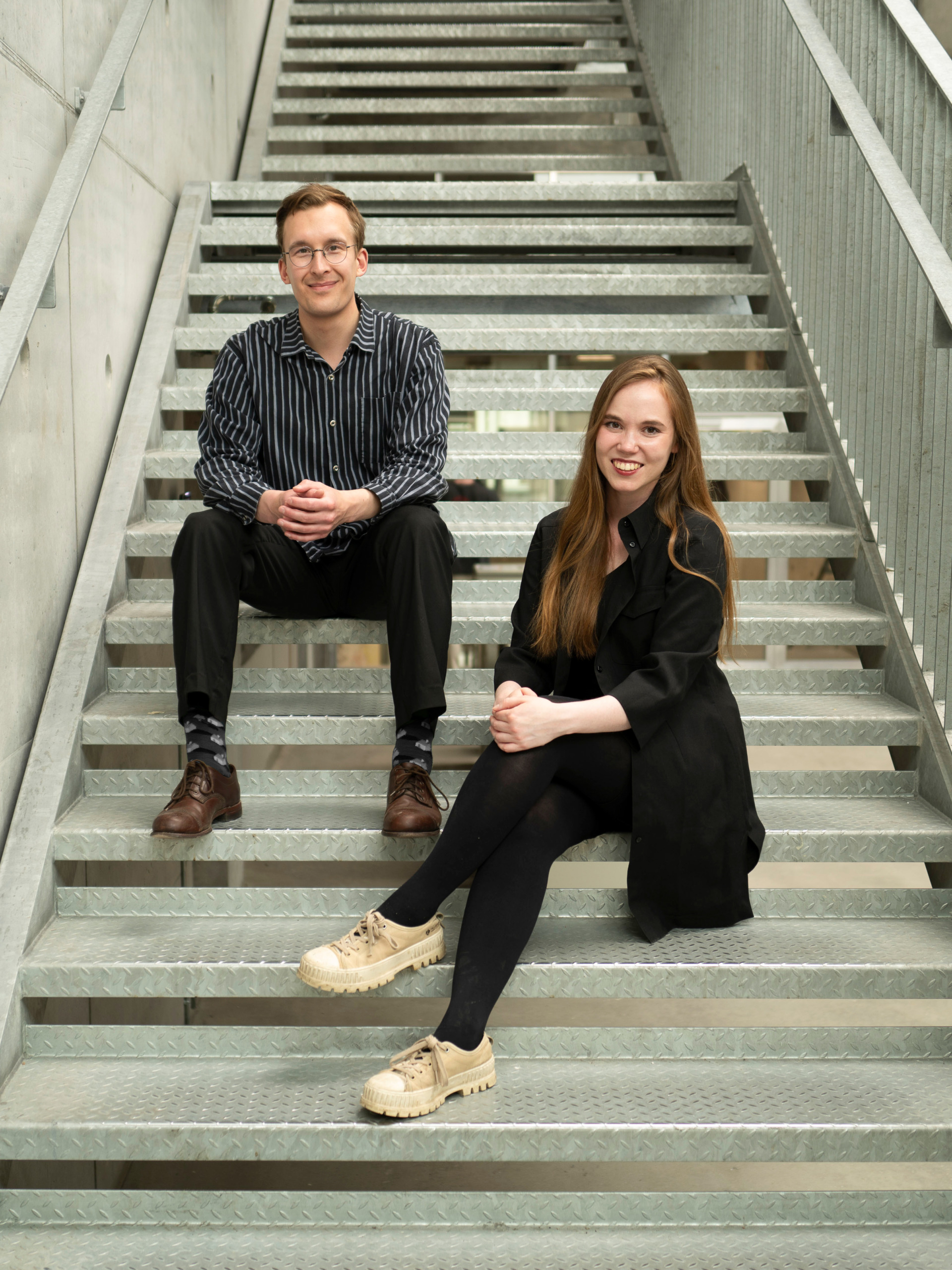
Habitare-suunnittelukilpailun 2024 viisi finalistia on julkistettu

Showrooms Habitare x Helsinki Design Week – showroomit on julkistettu!
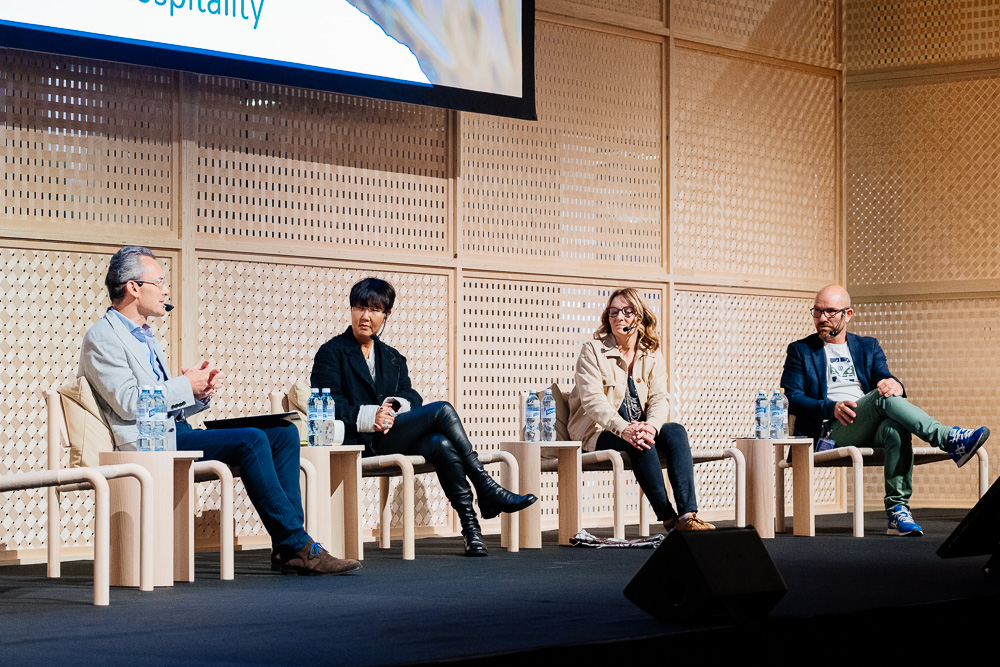
Habitaren ohjelma 2024 on julkaistu
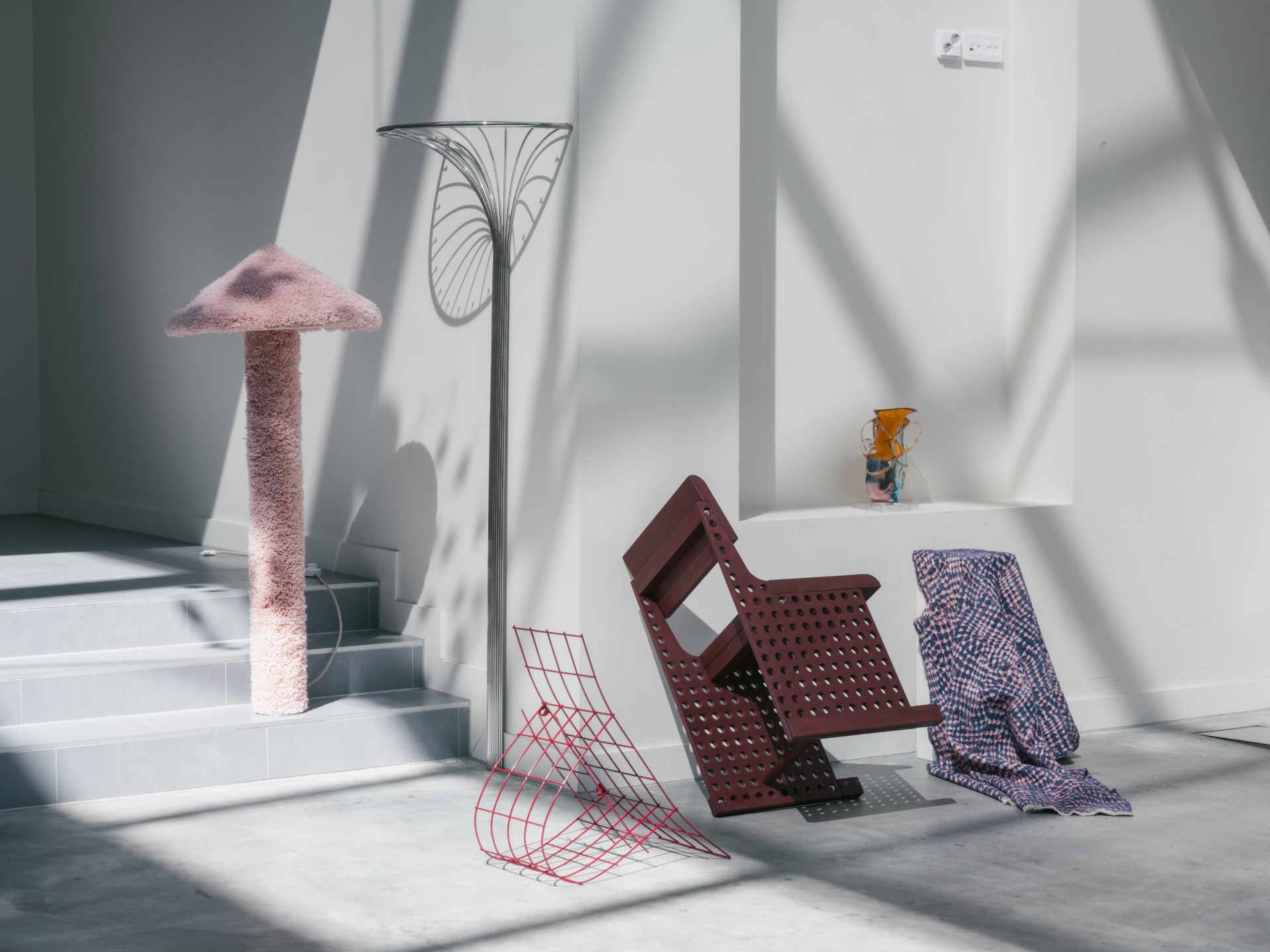
Habitare Protos 2024 suunnittelijat ja prototyypit on julkaistu
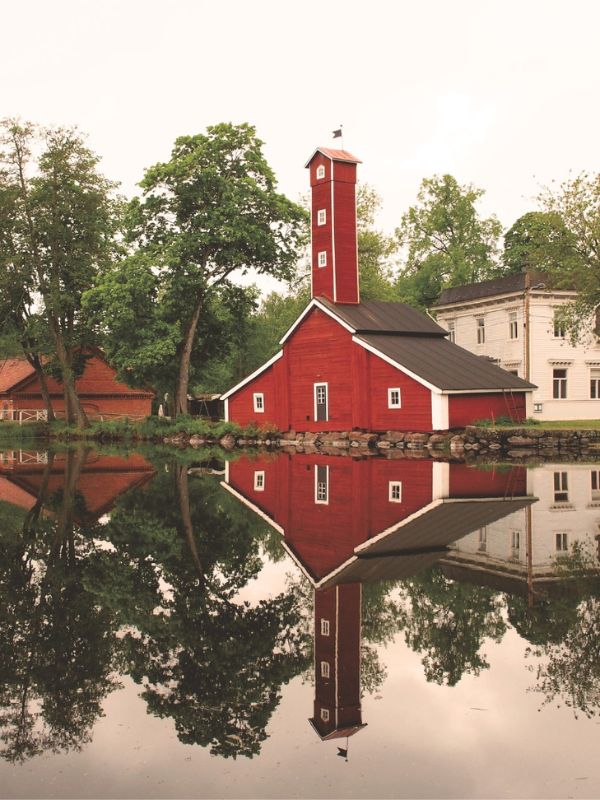
Poimi suosikkisi Habitaren kesäkohteista

Habitaren 2024 keynote-puhujuksi pohjoismaisen muotoilun tekijöitä
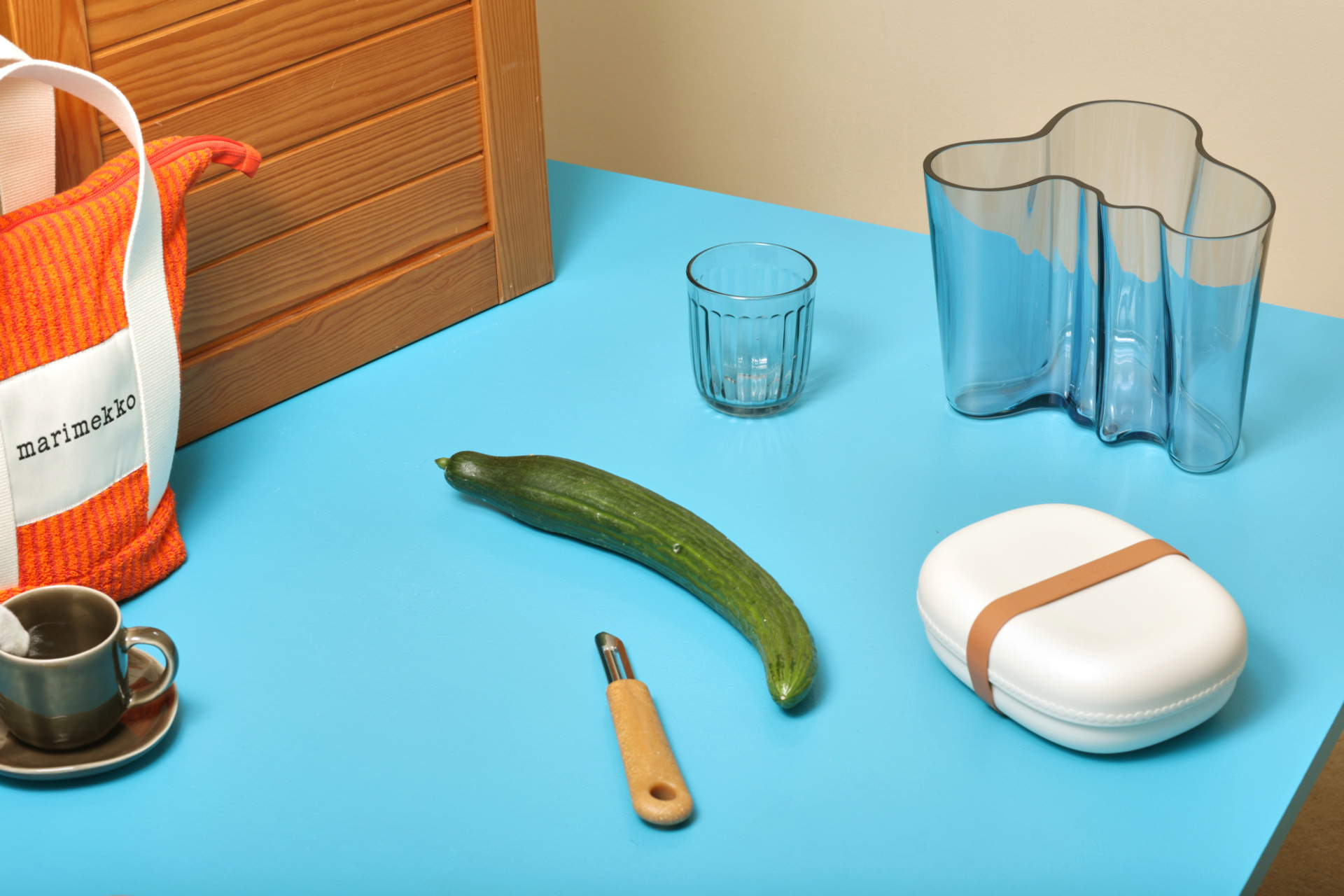
Habitare Choice esittelee ajatuksen kestävästi toteutetusta kodista ja asumisesta
Seuraa Habitarea somessa
Yhteistyökumppanit
Etsitkö näitä?
Tilaa uutiskirje ja liity mukaan Habitaren messuklubiin!
Tilaa uutiskirje

